The rise of AI-powered content creation is one of the most transformative developments in the digital era. While human creativity has traditionally been the cornerstone of artistic and informational expression, artificial intelligence now presents a new paradigm. This paradigm shifts the way we generate, distribute, and consume content.
Artificial Intelligence promises unprecedented efficiency, scalability, and personalization. Yet, it also raises important questions: Does AI compromise authenticity? Can machines genuinely create, or do they simply replicate?
This article dives deep into the landscape of AI-driven content creation, analyzing its potential benefits, limitations, and ethical concerns. It explores whether creativity’s future will be defined by machines, humans, or a harmonious blend of both.
Contents:
- Understanding AI-Powered Content Creation
- Benefits of AI in Creative Processes
- Challenges and Limitations of AI Creativity
- The Ethical Dilemmas of AI-Generated Content
- Collaboration Between Humans and AI
- The Future of Creativity in the AI Era
Conclusion
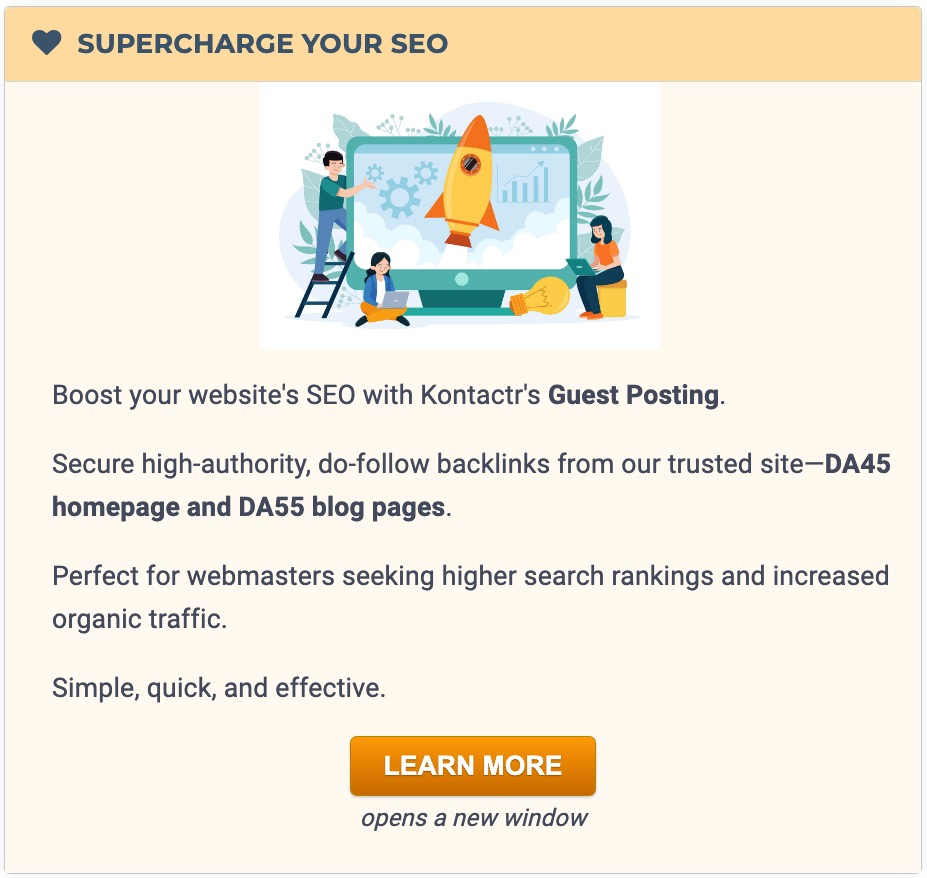
1. Understanding AI-Powered Content Creation
At its core, AI-powered content creation utilizes algorithms to generate text, images, videos, and other forms of content. By analyzing vast datasets, these tools learn patterns and replicate human-like outputs.
Unlike traditional content generation, which relies solely on human effort, AI-driven tools work autonomously.
Models like OpenAI’s GPT and Google’s Bard are capable of crafting coherent, engaging, and dynamic content, often indistinguishable from human creation.
The applications span various industries.
In marketing, AI optimizes ad campaigns by personalizing messages. In journalism, it automates article writing, while in entertainment, it generates scripts and animations.
However, while AI creates with incredible speed and precision, critics argue that it lacks the emotional depth and originality that define human artistry.
2. Benefits of AI in Creative Processes
The advantages of incorporating AI into content creation are numerous. By leveraging machine learning, businesses and individuals can save time, reduce costs, and achieve a level of customization that was previously unimaginable.
- Efficiency and Scalability: AI tools operate at remarkable speeds. They enable creators to scale their output without sacrificing quality. For instance, AI can generate multiple ad variations for A/B testing within seconds.
- Personalization: AI analyzes user data to craft tailored content. This personalization ensures higher engagement, whether it’s a targeted email campaign or a custom playlist recommendation.
- Accessibility: AI democratizes creativity by making tools available to individuals with limited technical skills. Platforms like Canva and ChatGPT empower small businesses to produce professional-grade materials.
By integrating these capabilities, organizations gain a competitive edge while enhancing user experience. AI acts as both a creative assistant and a strategic partner.
3. Challenges and Limitations of AI Creativity
Despite its promise, AI-powered content creation is not without flaws. The challenges are multifaceted, ranging from technical constraints to societal concerns.
AI tools operate based on existing datasets, which inherently limits their ability to innovate. This reliance often results in derivative works that lack true originality, making them more of a replication than a groundbreaking creation.
Additionally, the use of copyrighted material in training datasets raises significant ethical questions about intellectual property rights and the fairness of AI-generated content.
These concerns are compounded by the fact that AI often struggles with nuanced topics or culturally sensitive subjects. Such missteps can lead to misunderstandings and reputational damage for brands relying on these tools.
Addressing these challenges requires a balanced approach.
While AI can complement human efforts, over-reliance risks diluting the unique qualities that define human creativity.
4. The Ethical Dilemmas of AI-Generated Content

As AI-generated content becomes more prevalent, ethical concerns surrounding its use are intensifying. These dilemmas challenge businesses, creators, and regulators alike.
- Ownership and Attribution: Who owns the rights to AI-generated works? Is it the user, the developer of the AI model, or the AI itself? The lack of legal clarity creates challenges in protecting intellectual property.
- Bias and Fairness: AI systems can unintentionally replicate biases present in their training data. This can perpetuate stereotypes or reinforce existing inequalities, particularly in sensitive areas like hiring or advertising.
- Authenticity: The line between authentic and AI-created content blurs as technology improves. For example, deepfakes and AI-written reviews pose significant risks to consumer trust.
These ethical dilemmas underscore the need for transparency and accountability in AI applications. Developers and businesses must work to establish guidelines and best practices to ensure responsible use.
5. Collaboration Between Humans and AI
The future of creativity lies in collaboration. AI isn’t here to replace human creators; rather, it’s a tool that enhances human potential.
AI can handle repetitive or time-intensive tasks, freeing up creators to focus on strategic thinking and ideation. For instance, a designer can use AI to generate mockups, then refine them with a personal touch.
AI can provide multiple drafts or ideas, allowing creators to select and refine the best options. This iterative process can lead to more polished and impactful results.
By analyzing trends and user behavior, AI provides insights that inform creative decisions, much like its application in overcoming job-matching challenges.
This data-driven approach enhances the relevance and effectiveness of content.
In essence, collaboration with AI allows humans to push the boundaries of what’s possible, blending computational efficiency with emotional intelligence.
6. The Future of Creativity in the AI Era

Creativity’s future will be shaped by the interplay between humans and machines. While the tools continue to evolve, their impact will depend on how they’re integrated into creative workflows.
As AI tools become more ubiquitous, training creators to use them effectively will be critical. Schools and organizations must emphasize digital literacy and ethical considerations.
Traditional creative roles may evolve.
For example, “AI content strategist” could become a common position, focusing on optimizing AI tools for specific projects.
Governments and industry leaders must establish frameworks to address the ethical and legal challenges posed by AI. These regulations will ensure that creativity remains a force for good.
The AI era offers both opportunities and challenges. By embracing innovation while maintaining a commitment to authenticity and ethics, we can create a future where technology and humanity coexist harmoniously.
Conclusion
The rise of AI-powered content creation represents a profound shift in how we think about creativity. While machines can replicate and enhance certain aspects of the creative process, they cannot replace the emotional depth and originality that humans bring to their work.
By leveraging AI as a partner, not a replacement, creators can achieve new heights of innovation and productivity. This collaboration has the potential to transform industries, democratize access to tools, and redefine what it means to be creative.
As we navigate this rapidly evolving landscape, the key lies in striking a balance—embracing technology while staying rooted in the values and principles that make creativity uniquely human.

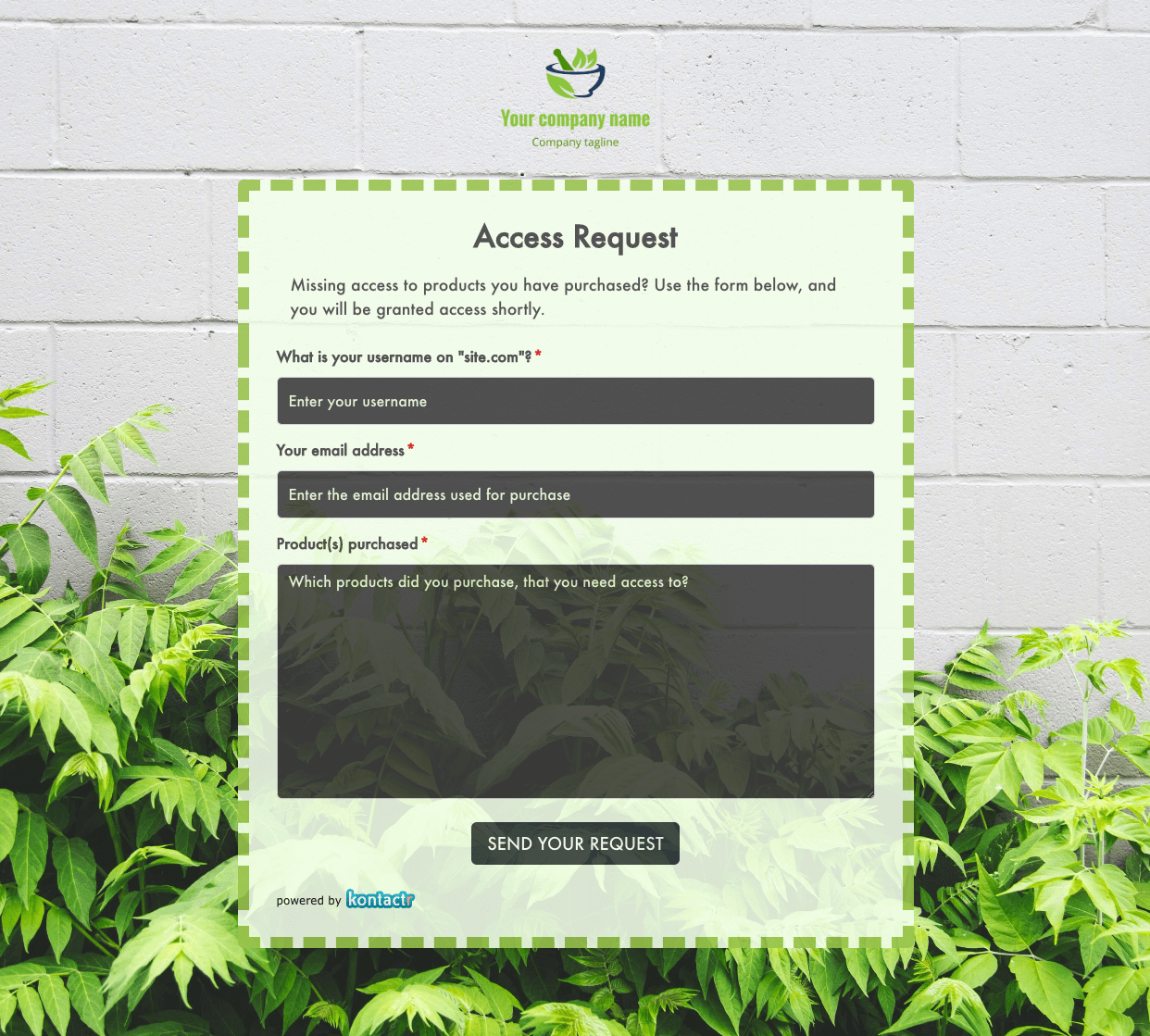 Access Request Form
Access Request Form
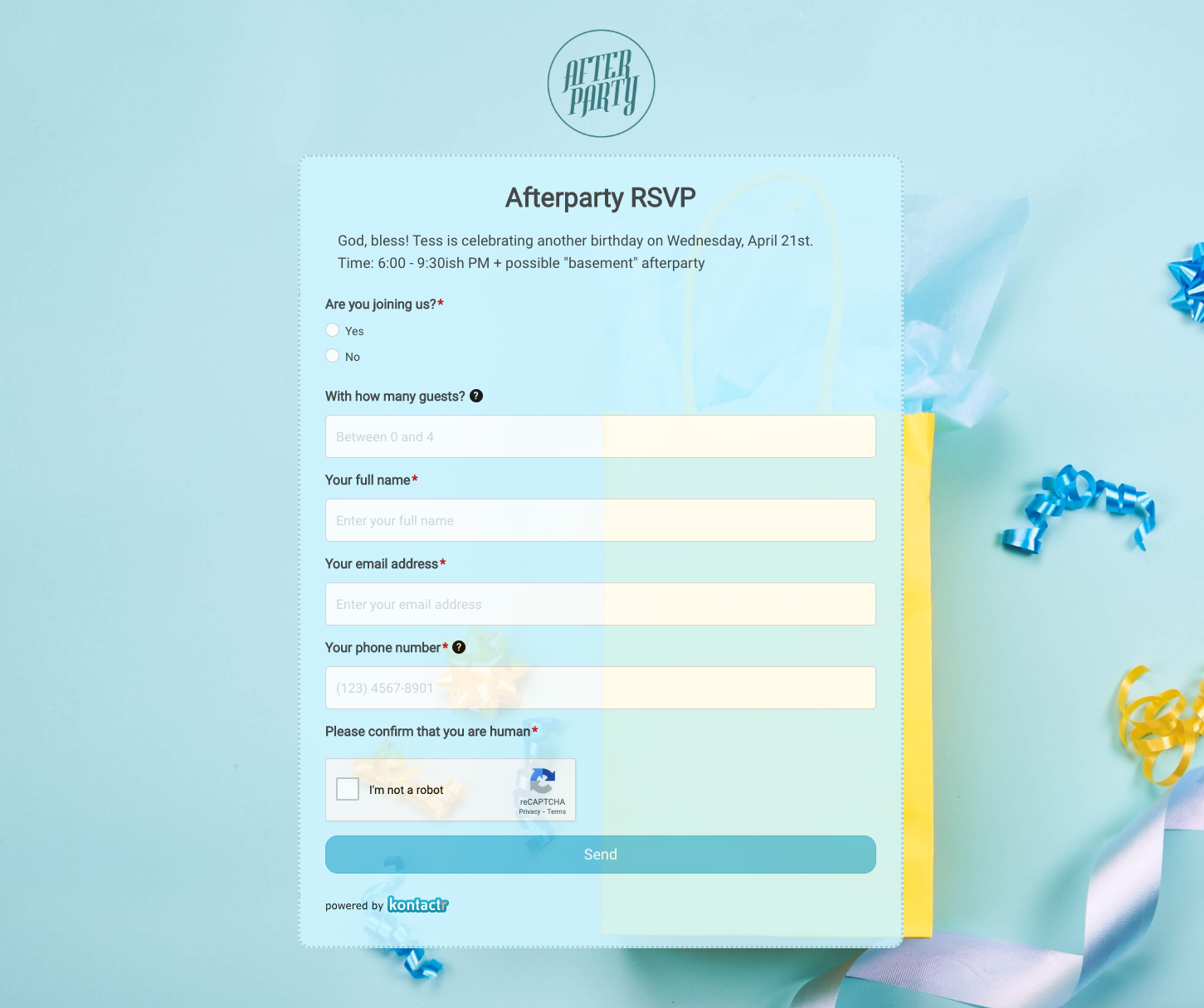 Afterparty RSVP Form
Afterparty RSVP Form
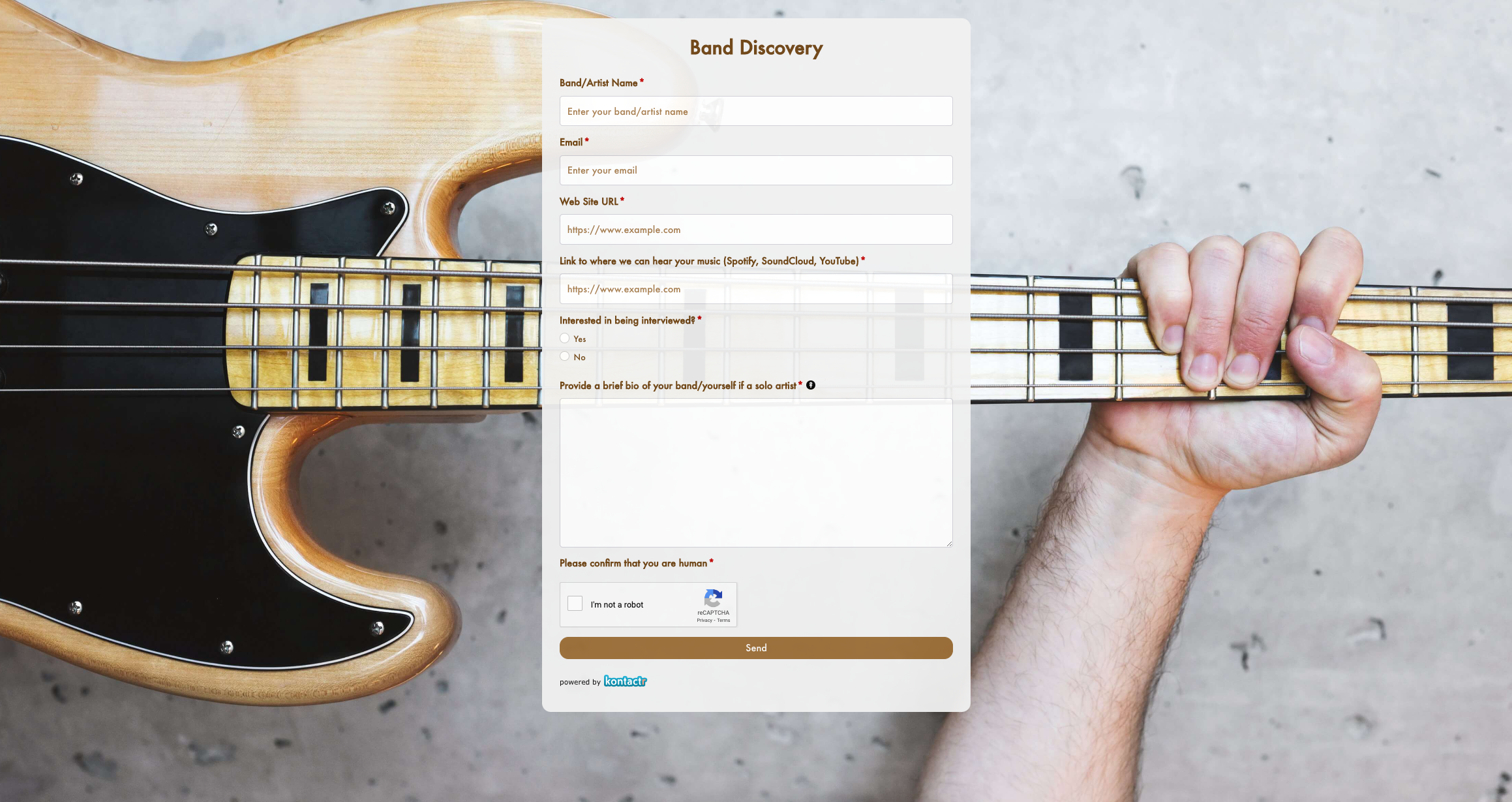 Band Discovery Form
Band Discovery Form
 Book a room Form
Book a room Form
 Booking Enquiries Form
Booking Enquiries Form
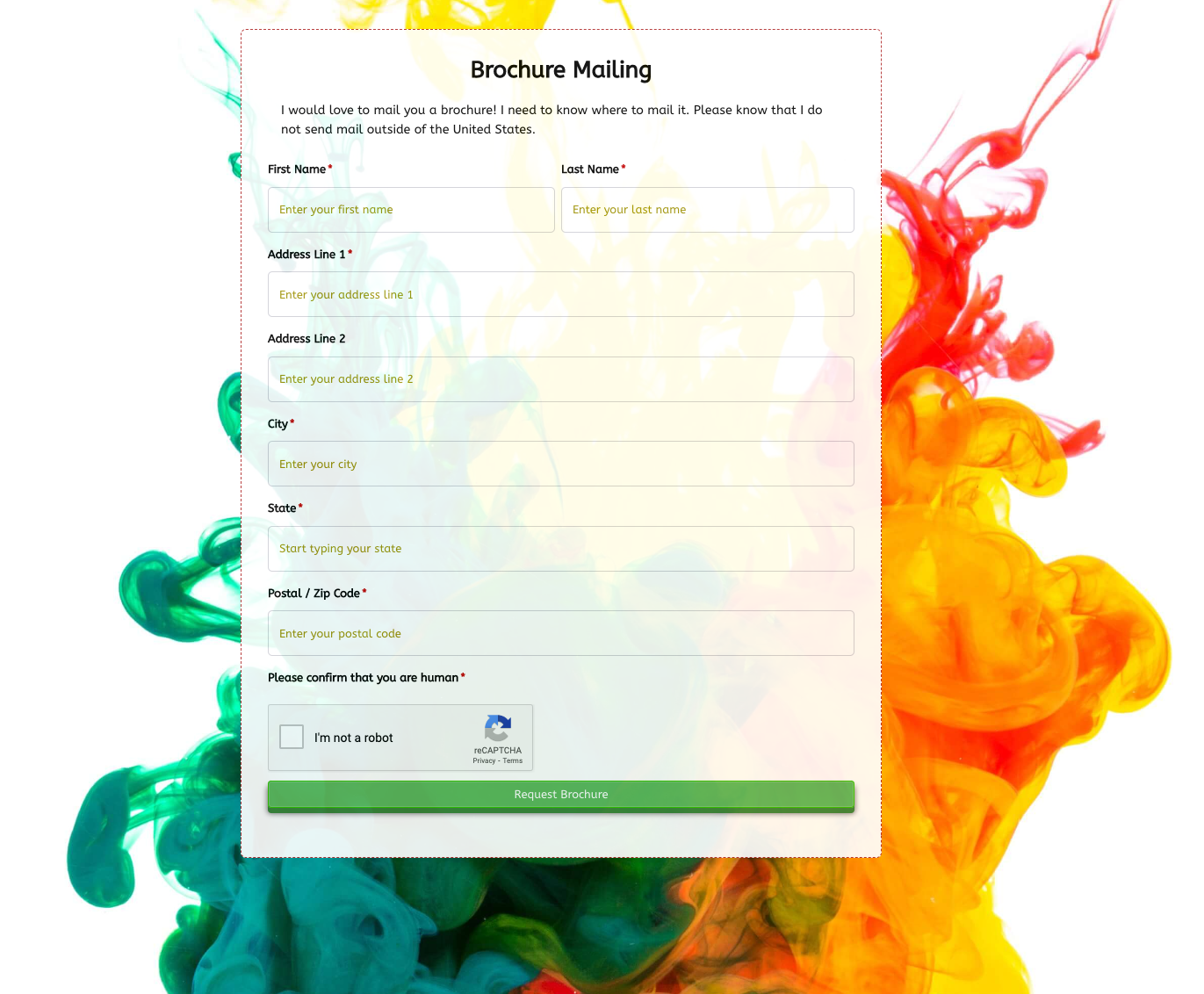 Brochure Mailing Form
Brochure Mailing Form
 Buy a Home Form
Buy a Home Form
 Catalog Request Form
Catalog Request Form
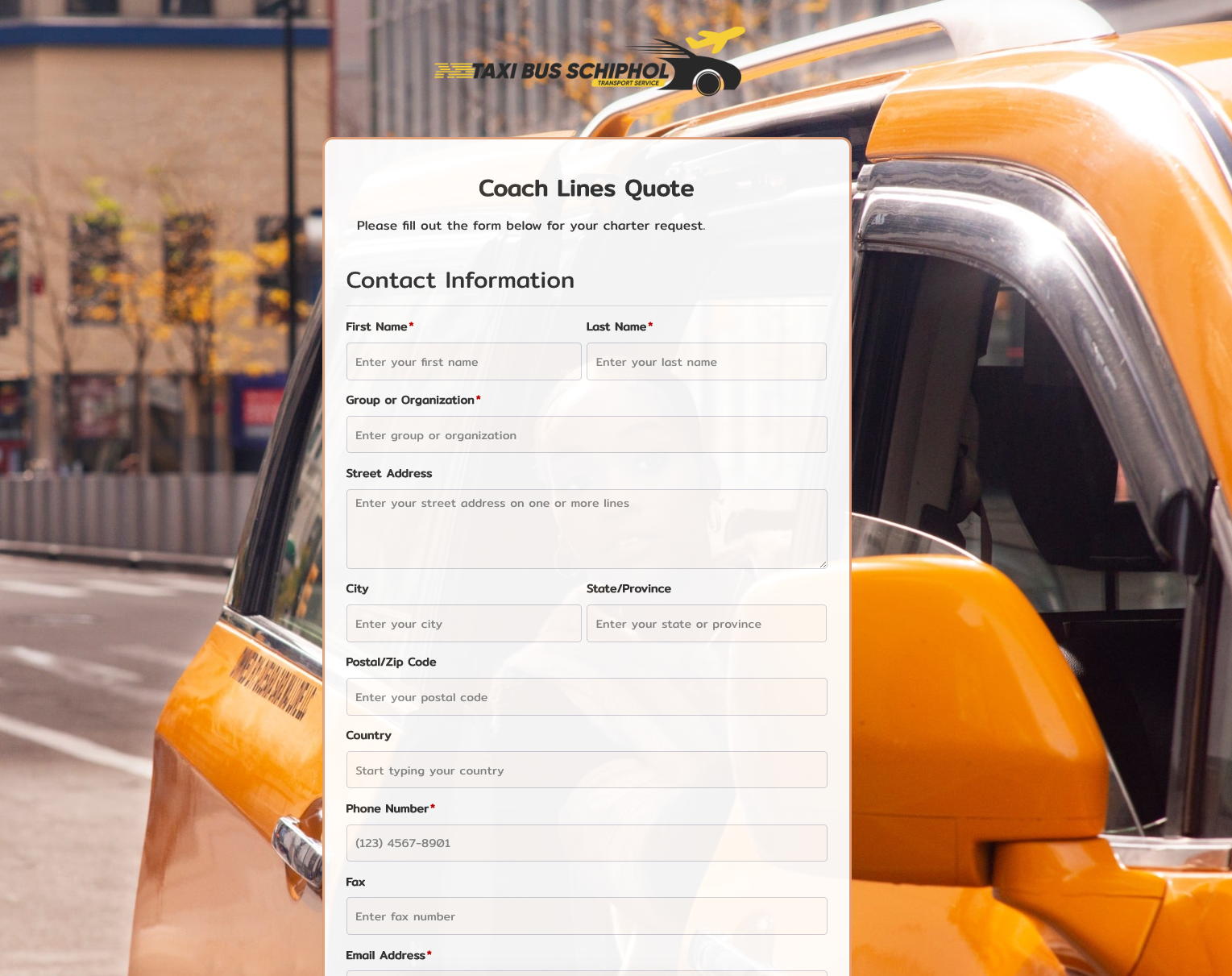 Coach Lines Quote Form
Coach Lines Quote Form
 Contact Us Form
Contact Us Form
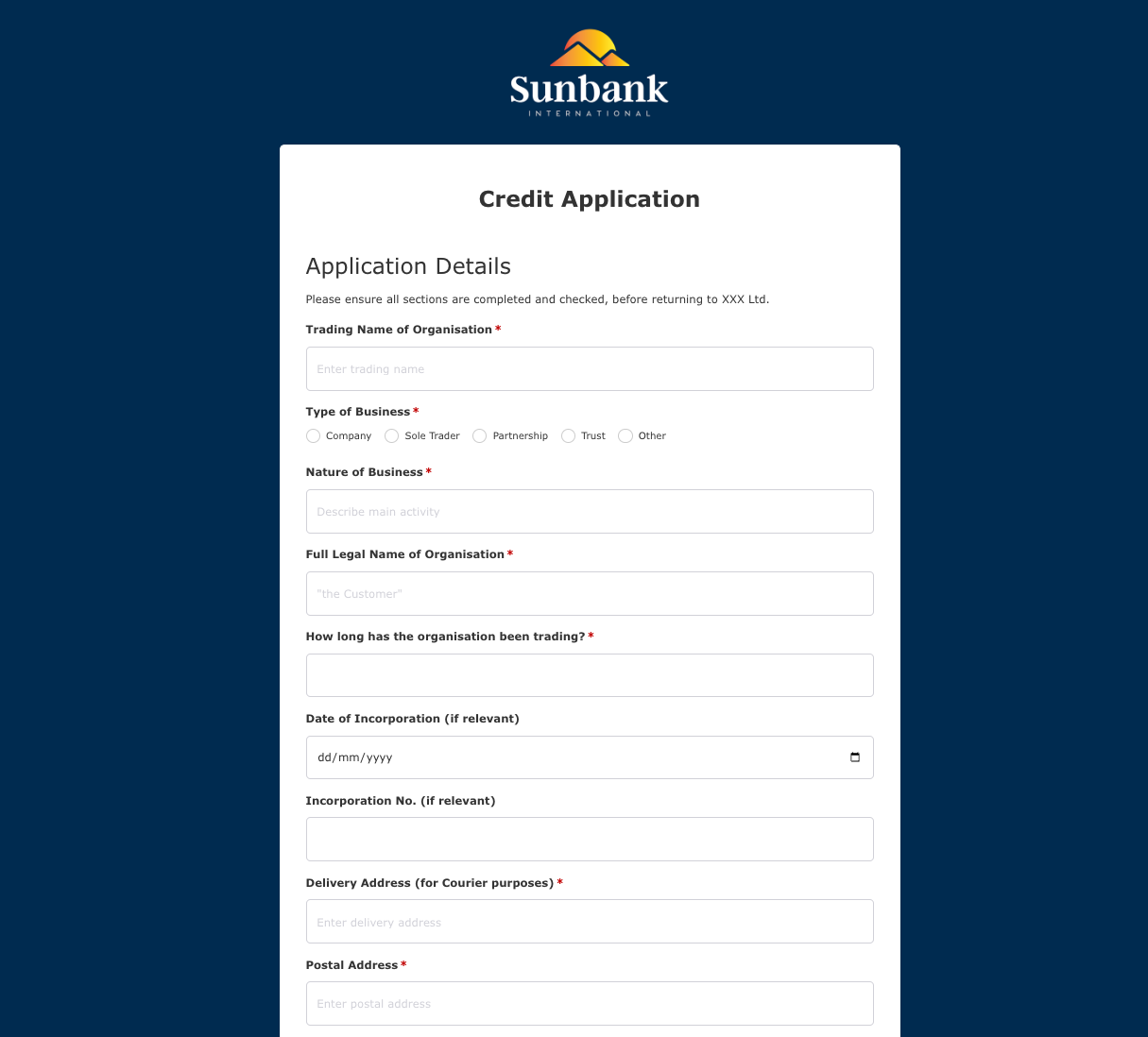 Credit Application Form
Credit Application Form
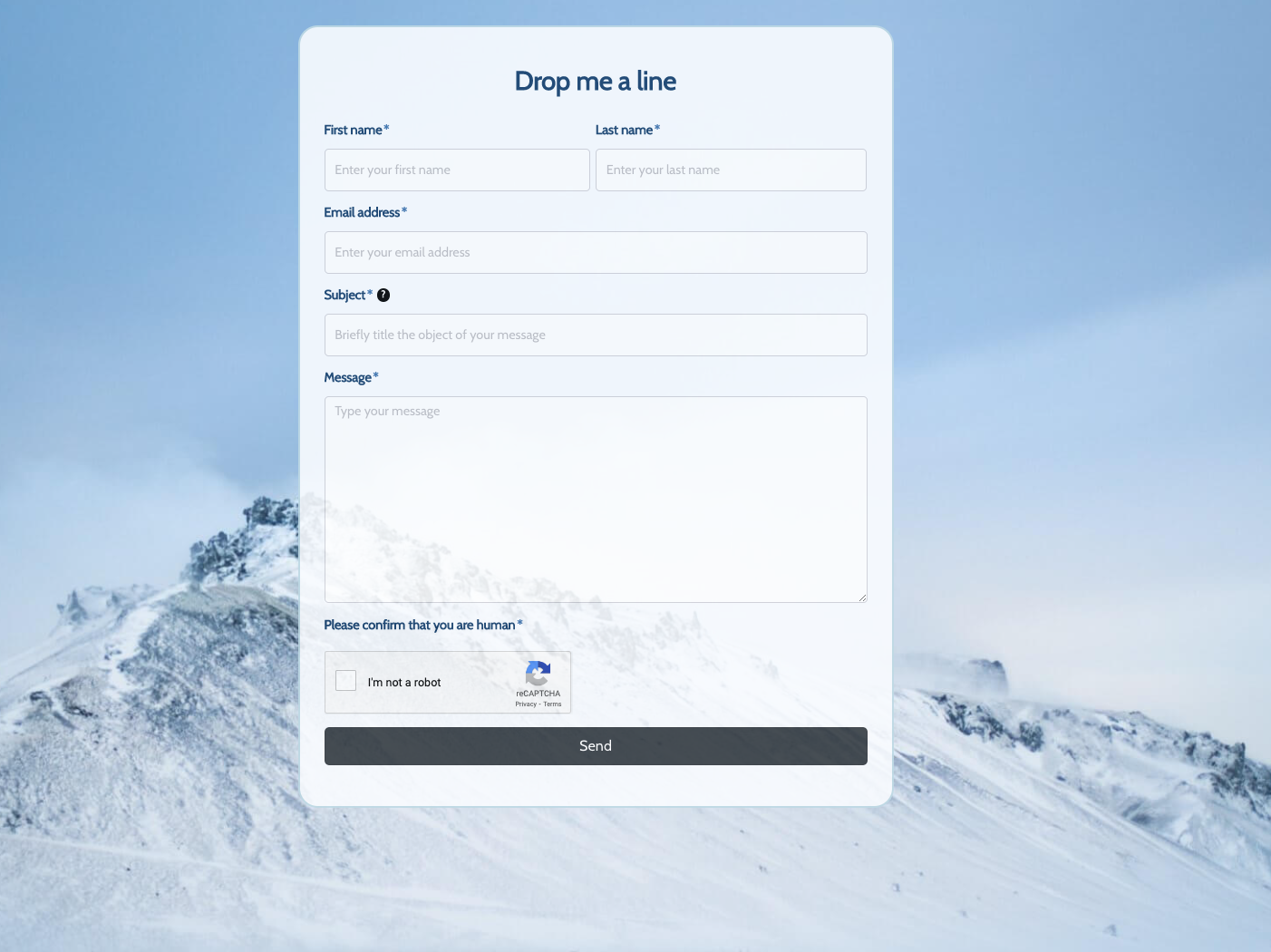 Drop me a line Form
Drop me a line Form
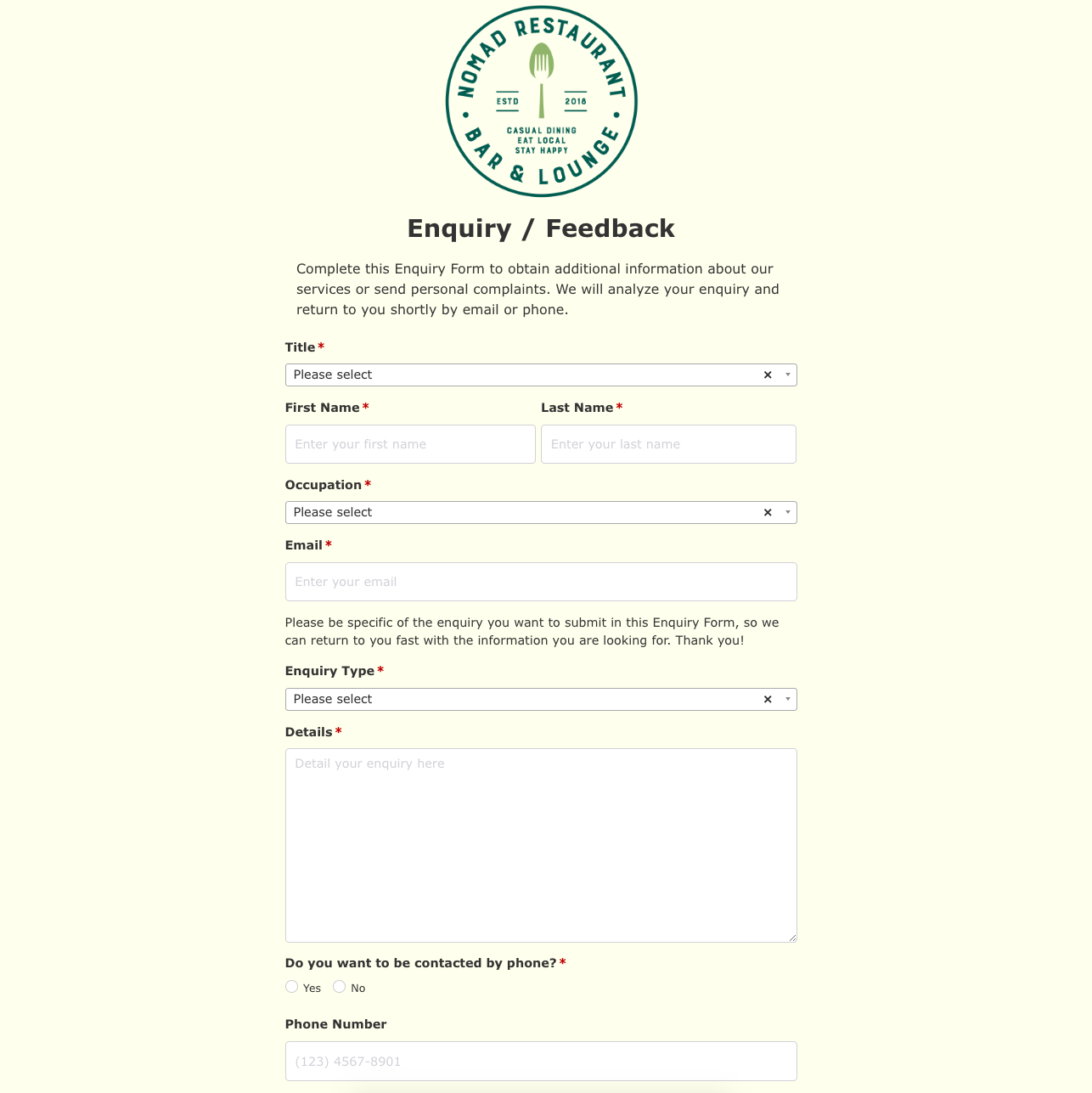 Enquiry / Feedback Form
Enquiry / Feedback Form
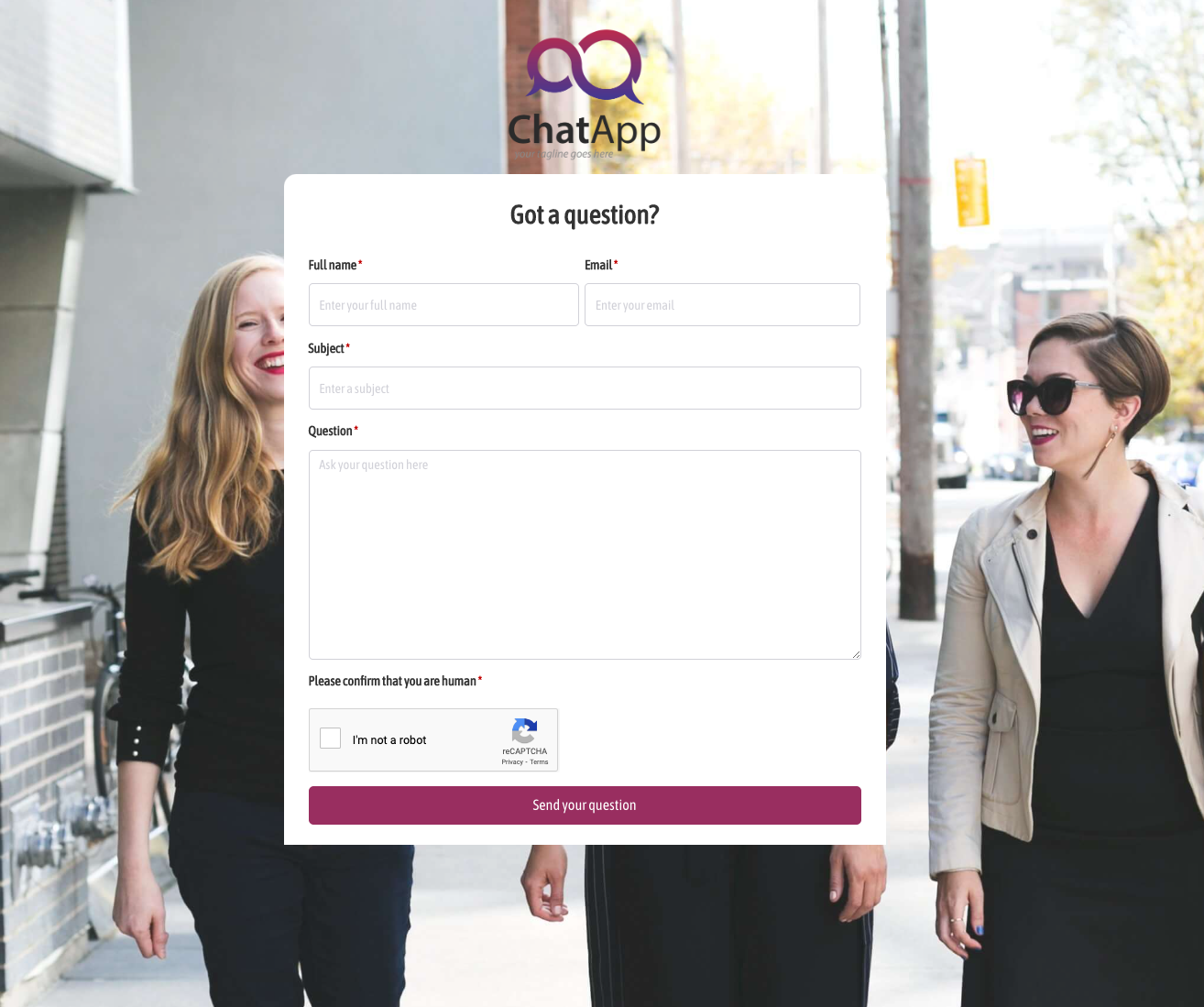 Got a question? Form
Got a question? Form
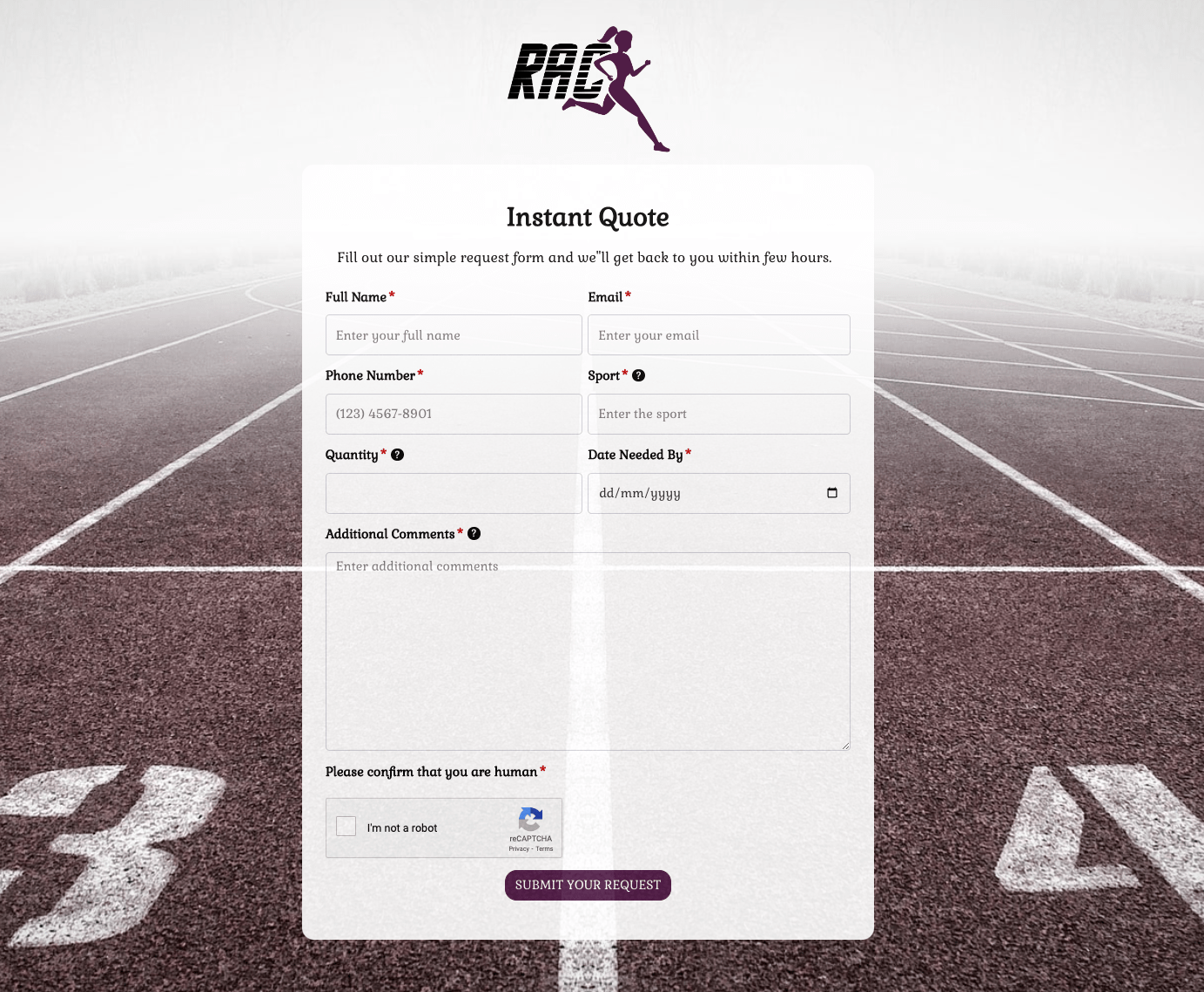 Instant Quote Form
Instant Quote Form
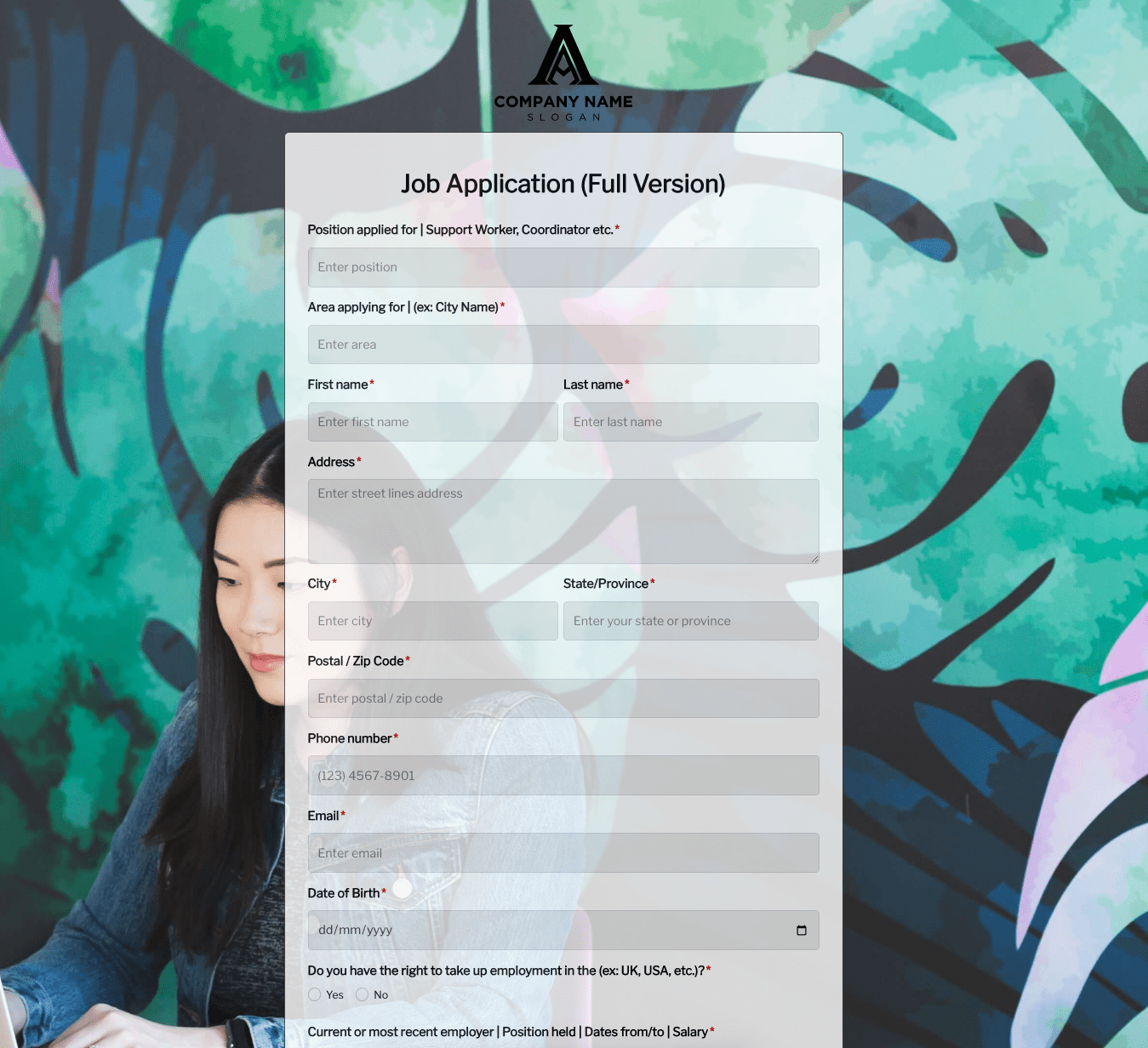 Job Application Form
Job Application Form
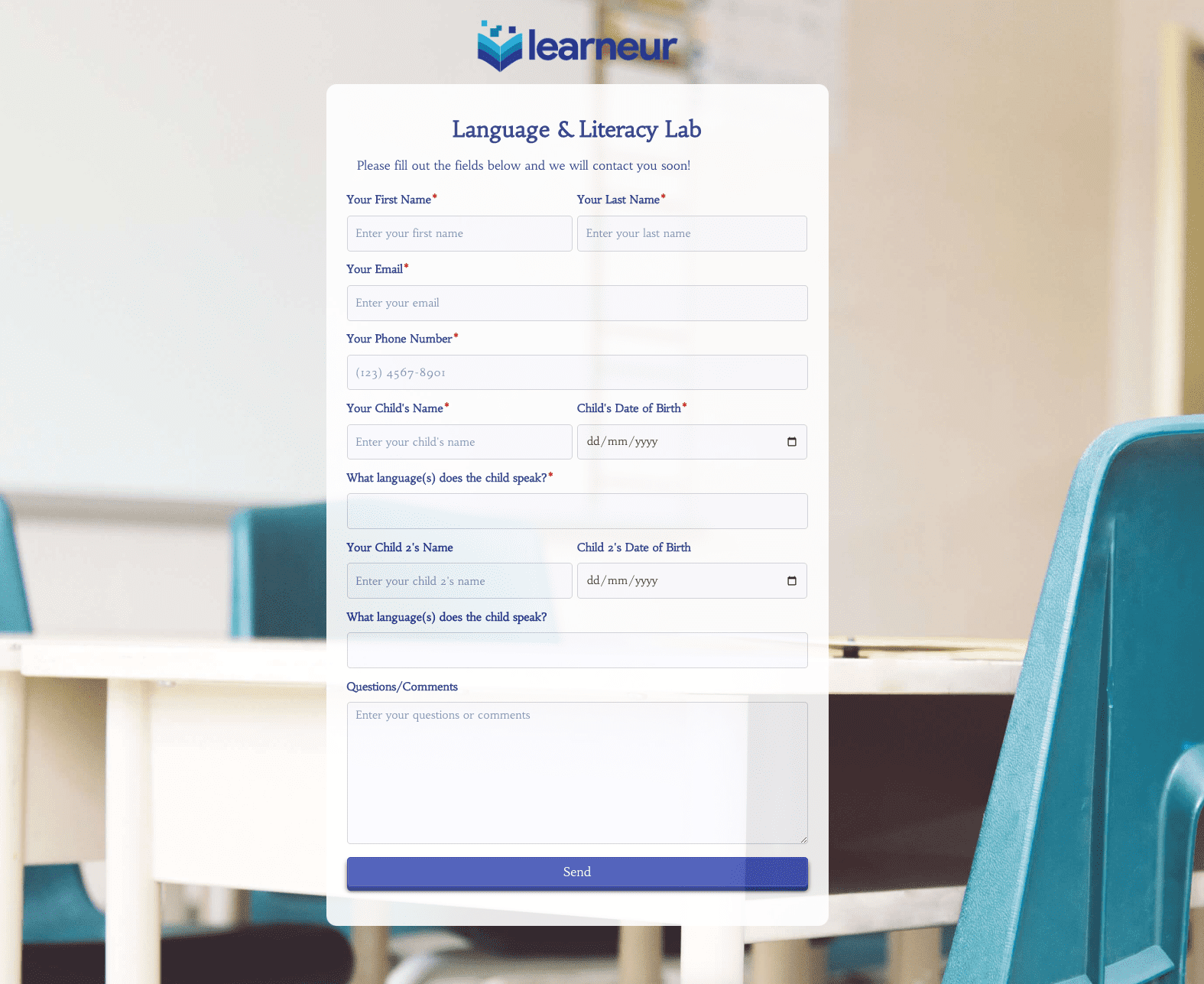 Language & Literacy Lab Form
Language & Literacy Lab Form
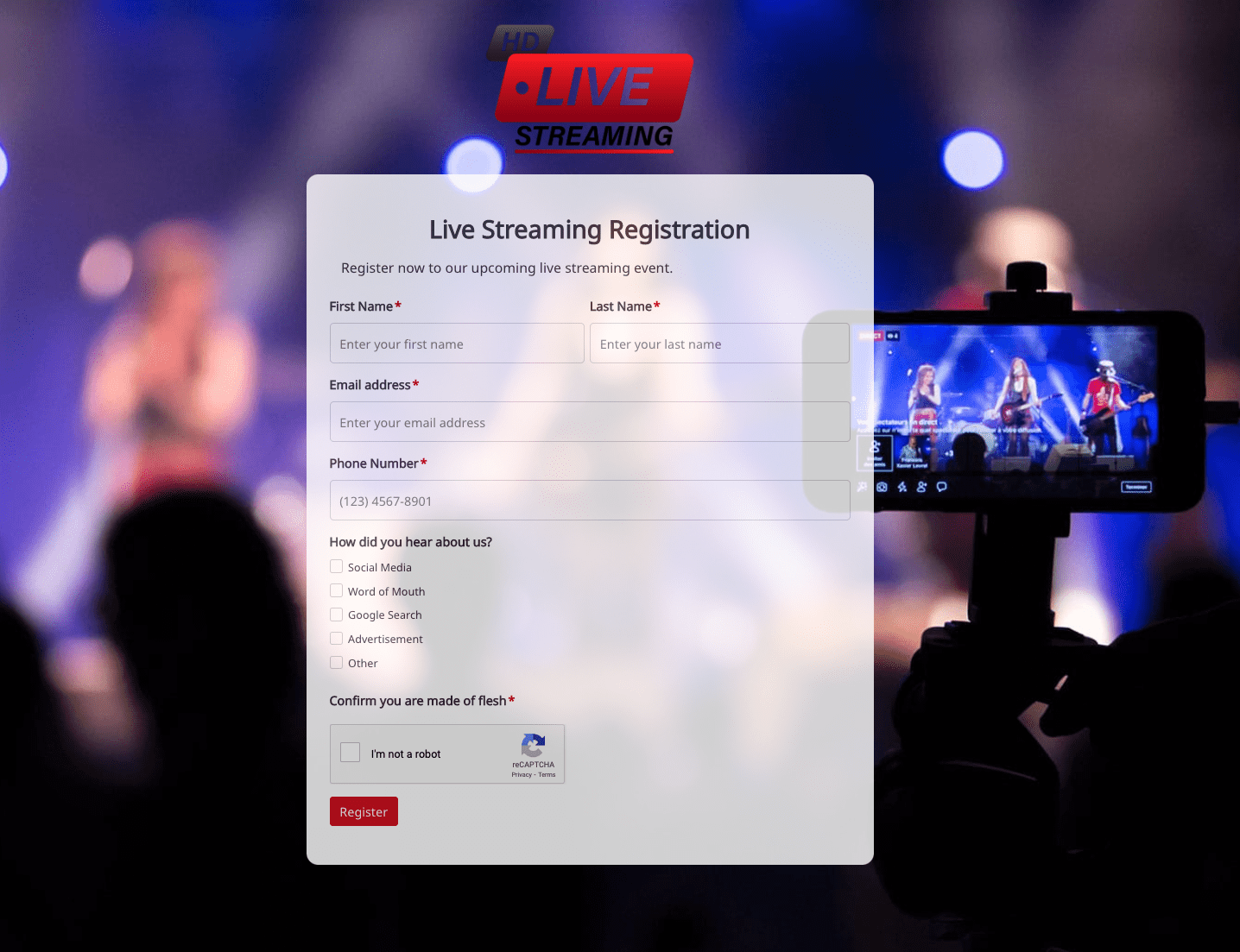 Live Streaming Registration Form
Live Streaming Registration Form
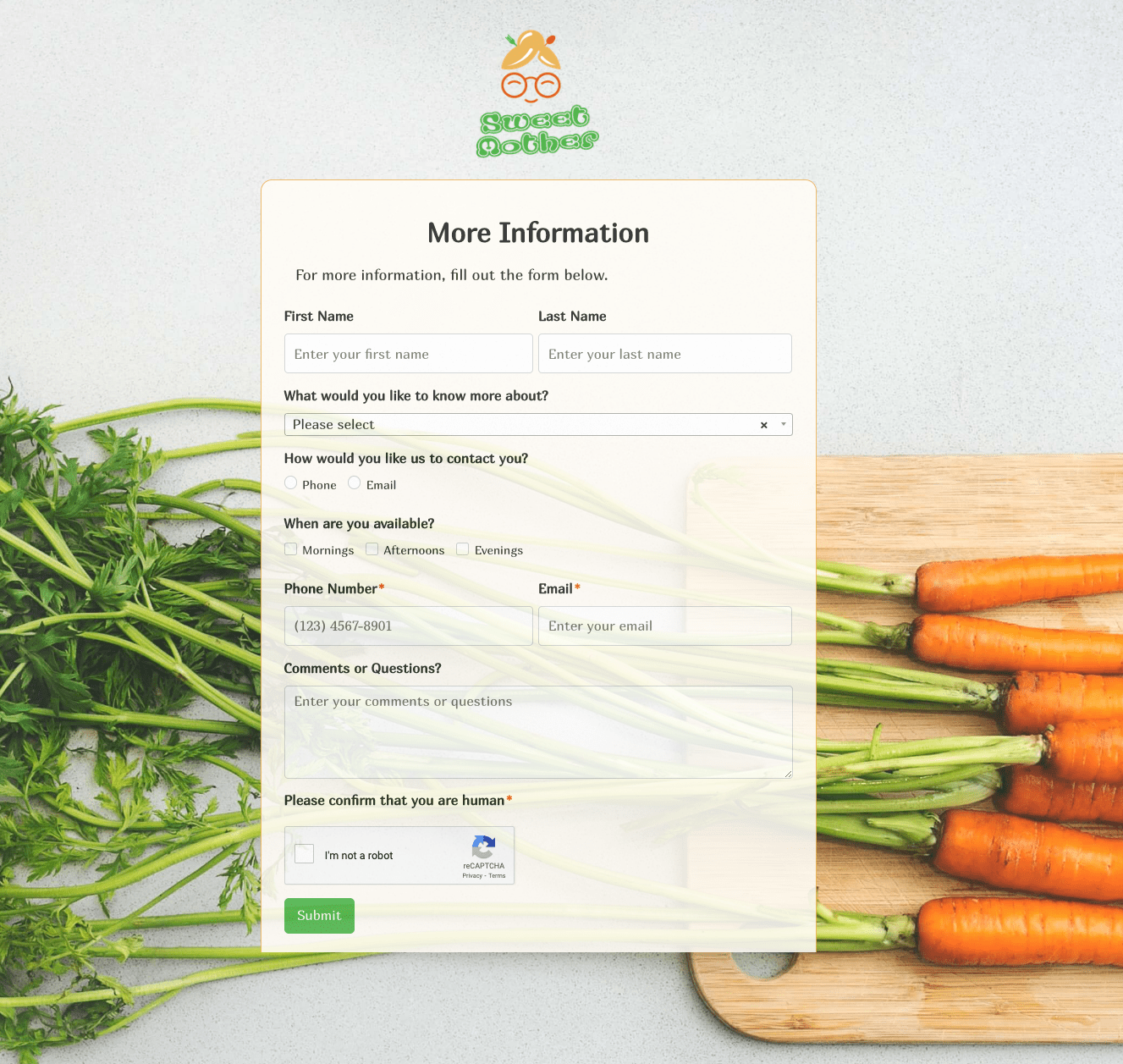 More Information Form
More Information Form
 Order Exchange Form
Order Exchange Form
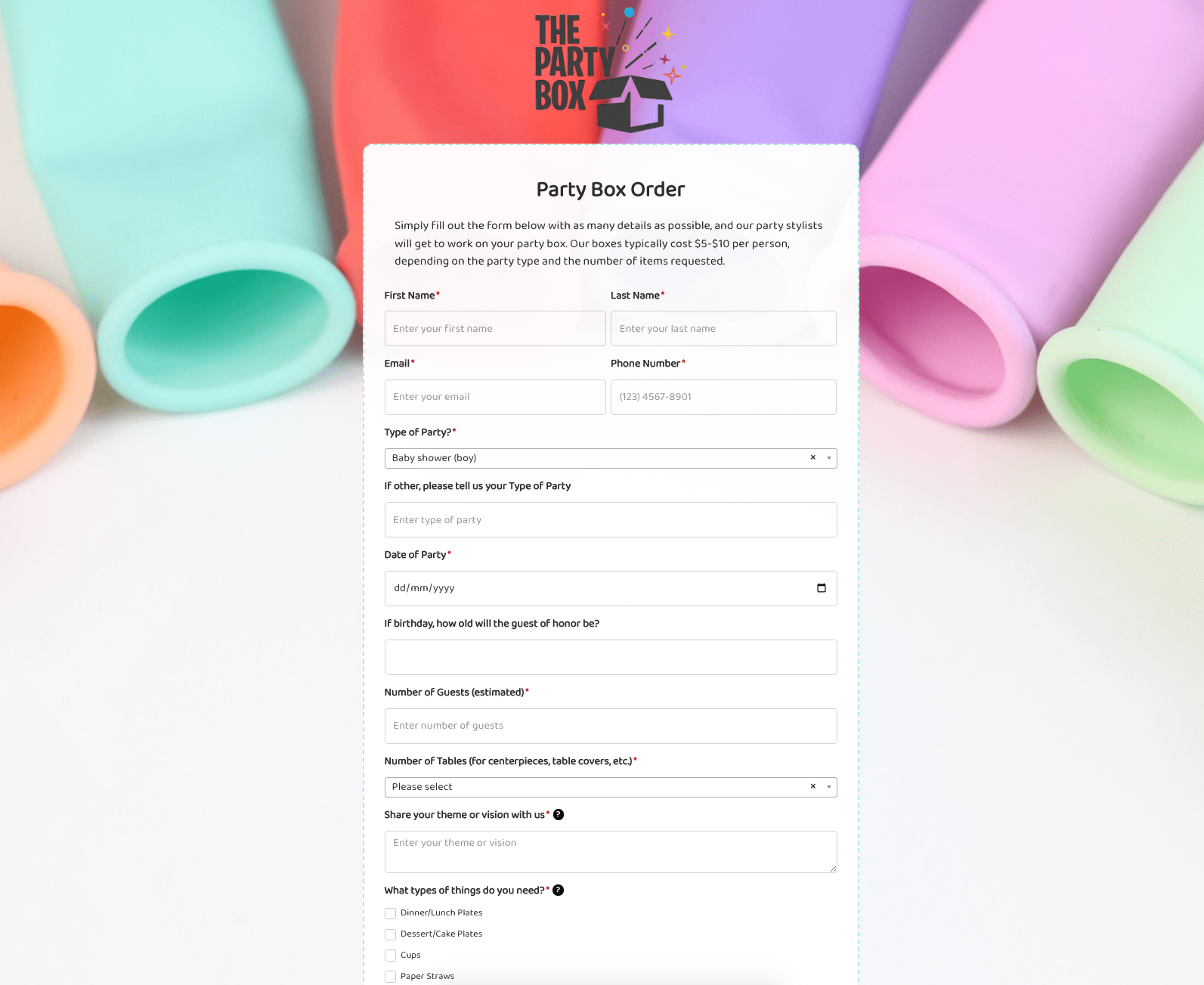 Party Box Order Form
Party Box Order Form
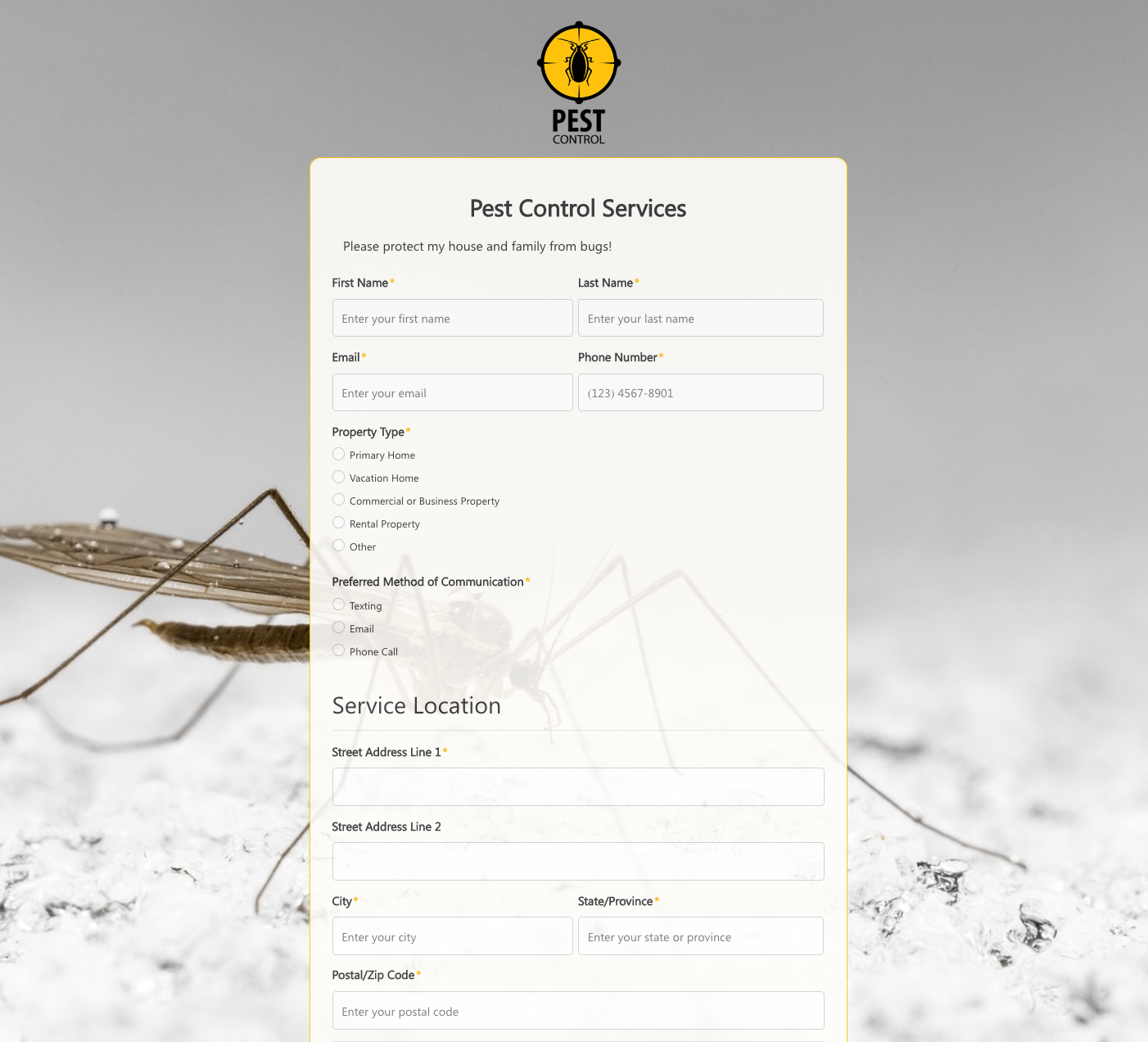 Pest Control Services Form
Pest Control Services Form
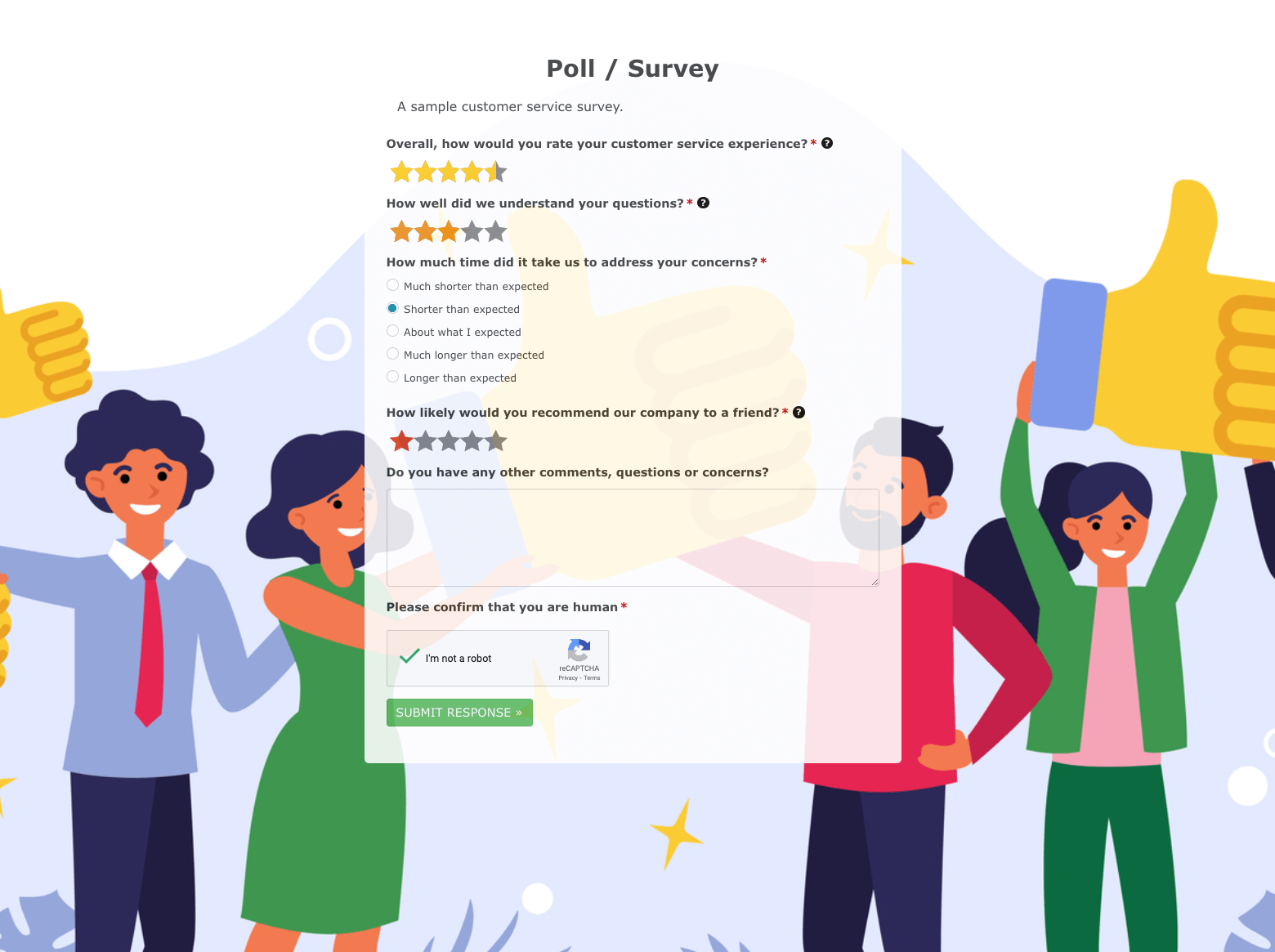 Poll / Survey Form
Poll / Survey Form
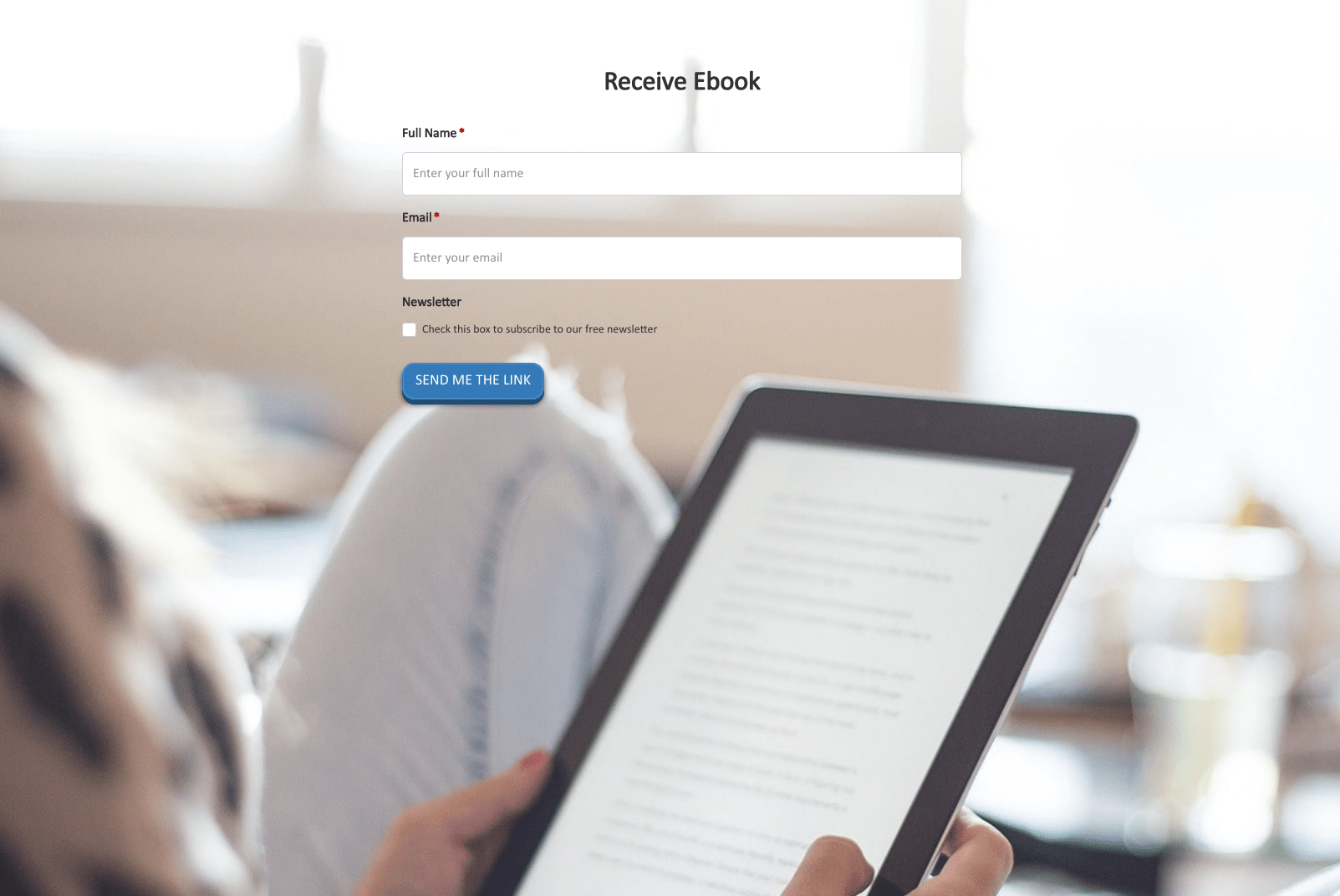 Receive Ebook Form
Receive Ebook Form
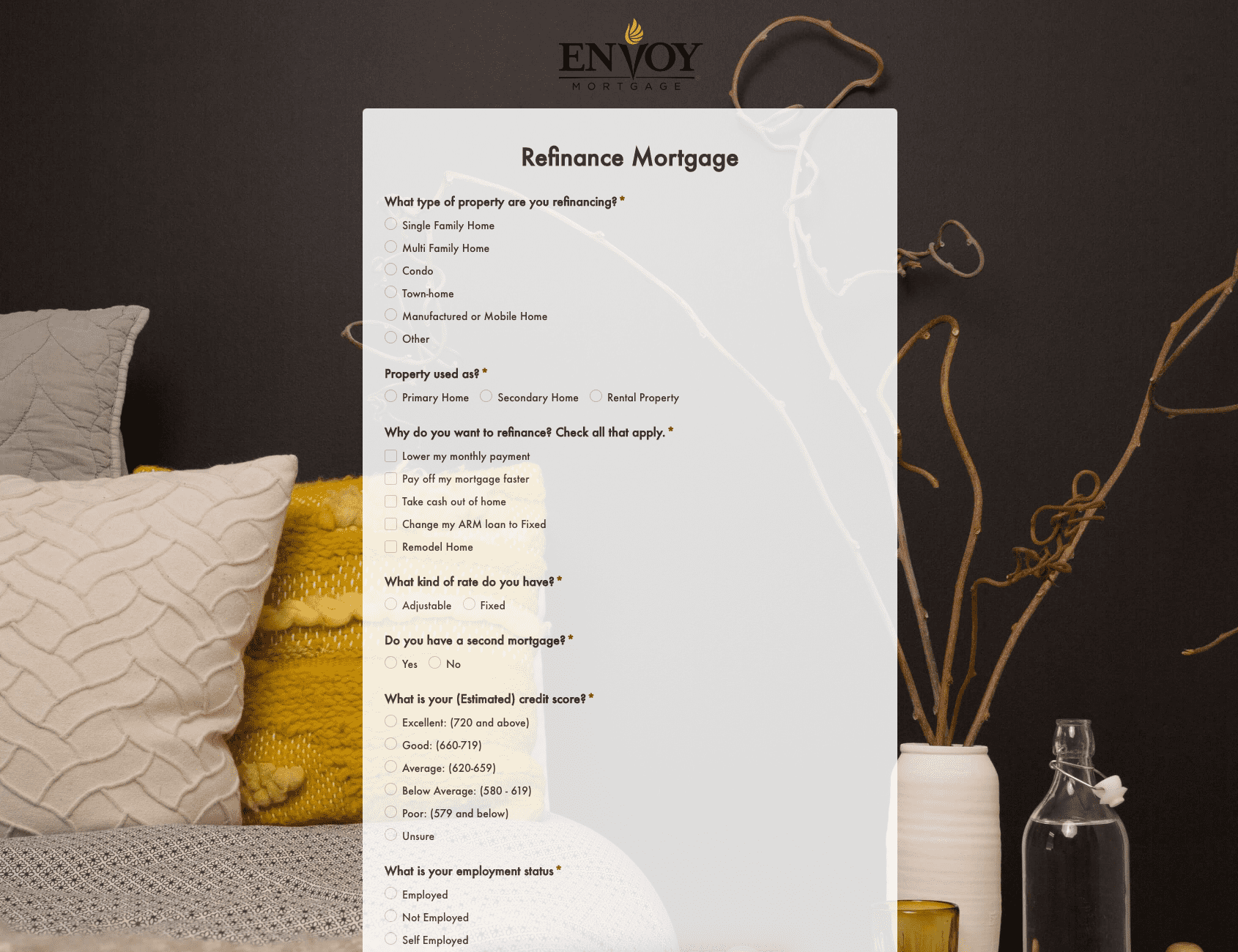 Refinance Mortgage Form
Refinance Mortgage Form
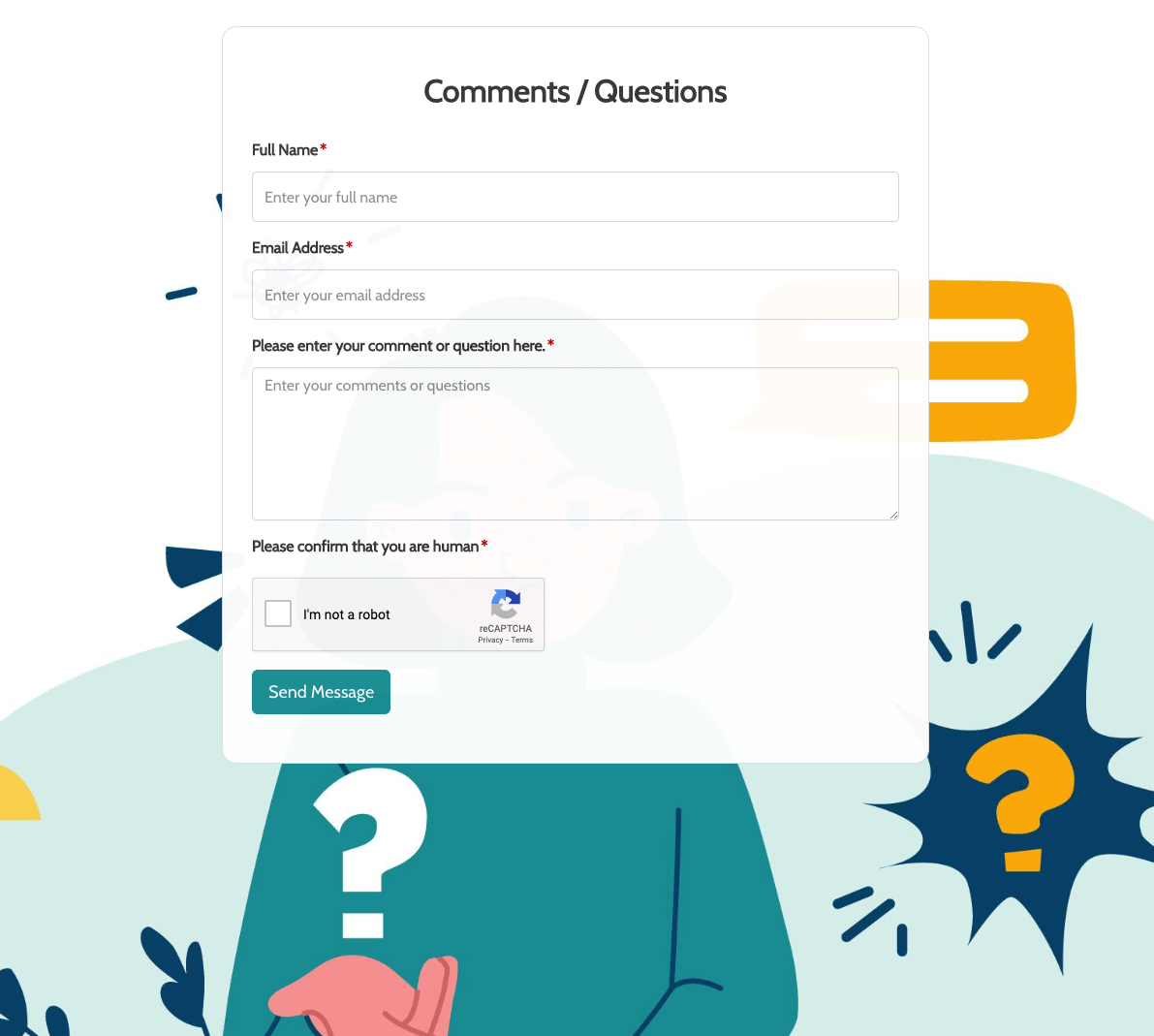 Remarks / Questions Form
Remarks / Questions Form
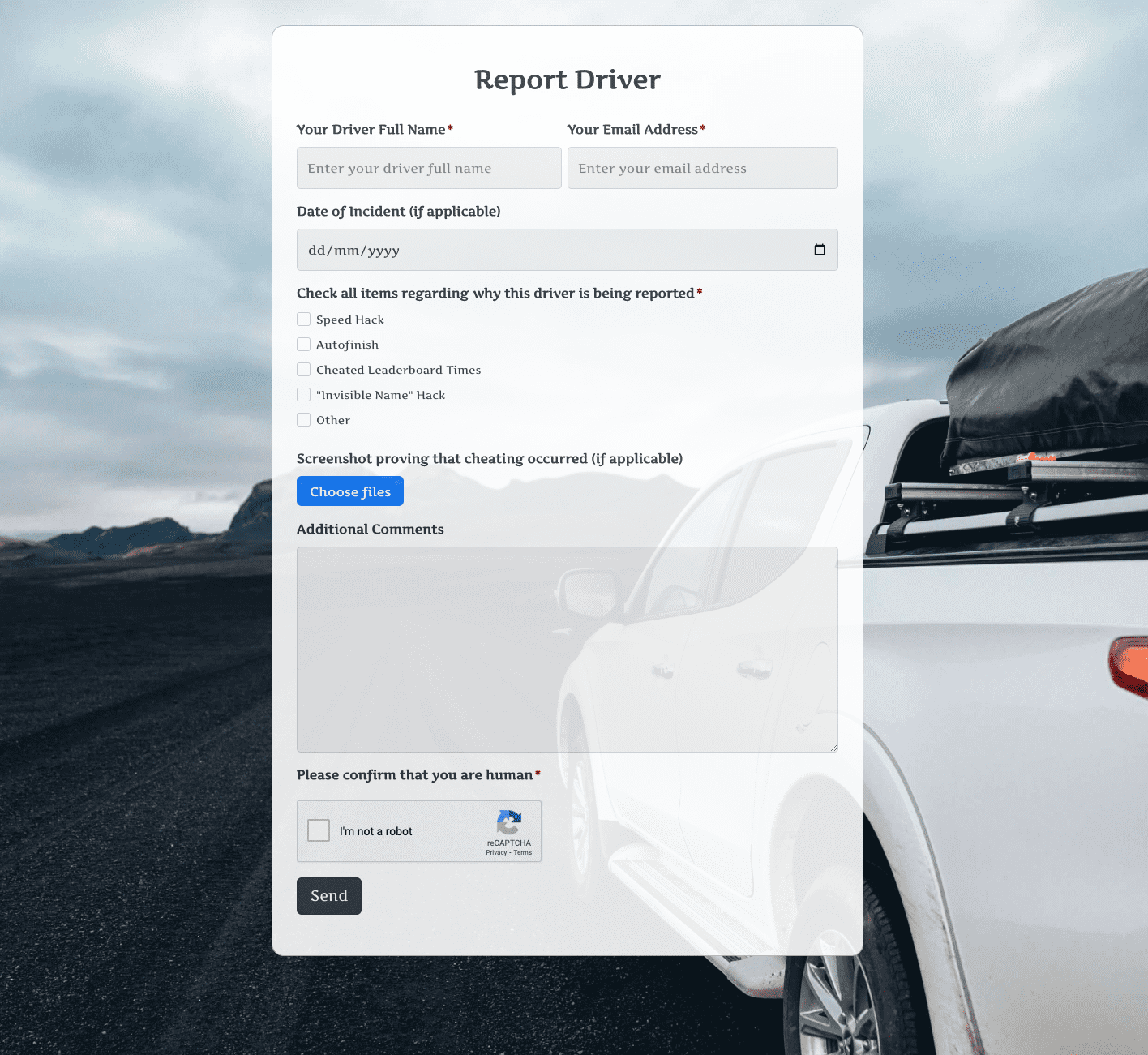 Report Driver Form
Report Driver Form
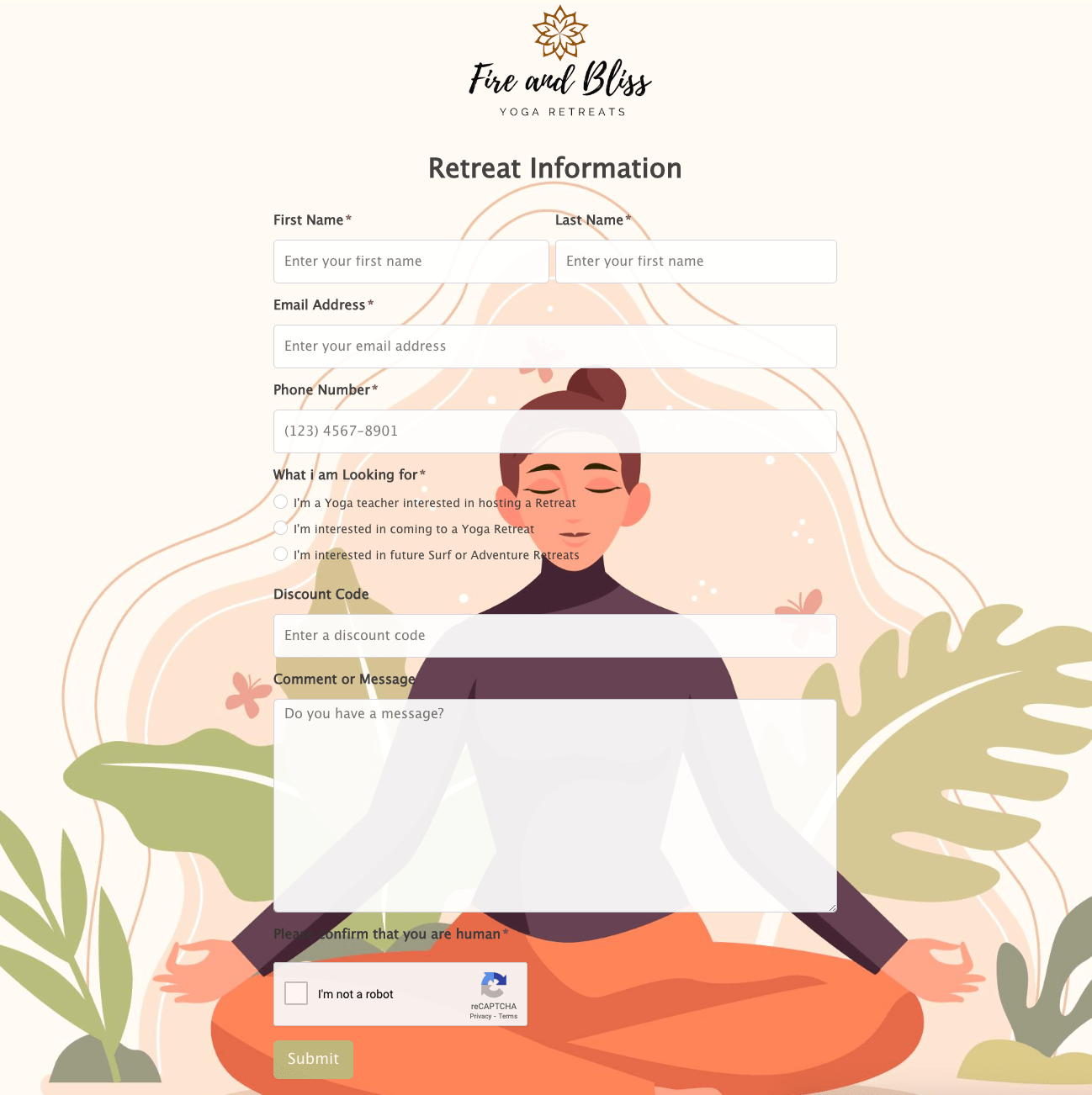 Retreat Information Form
Retreat Information Form
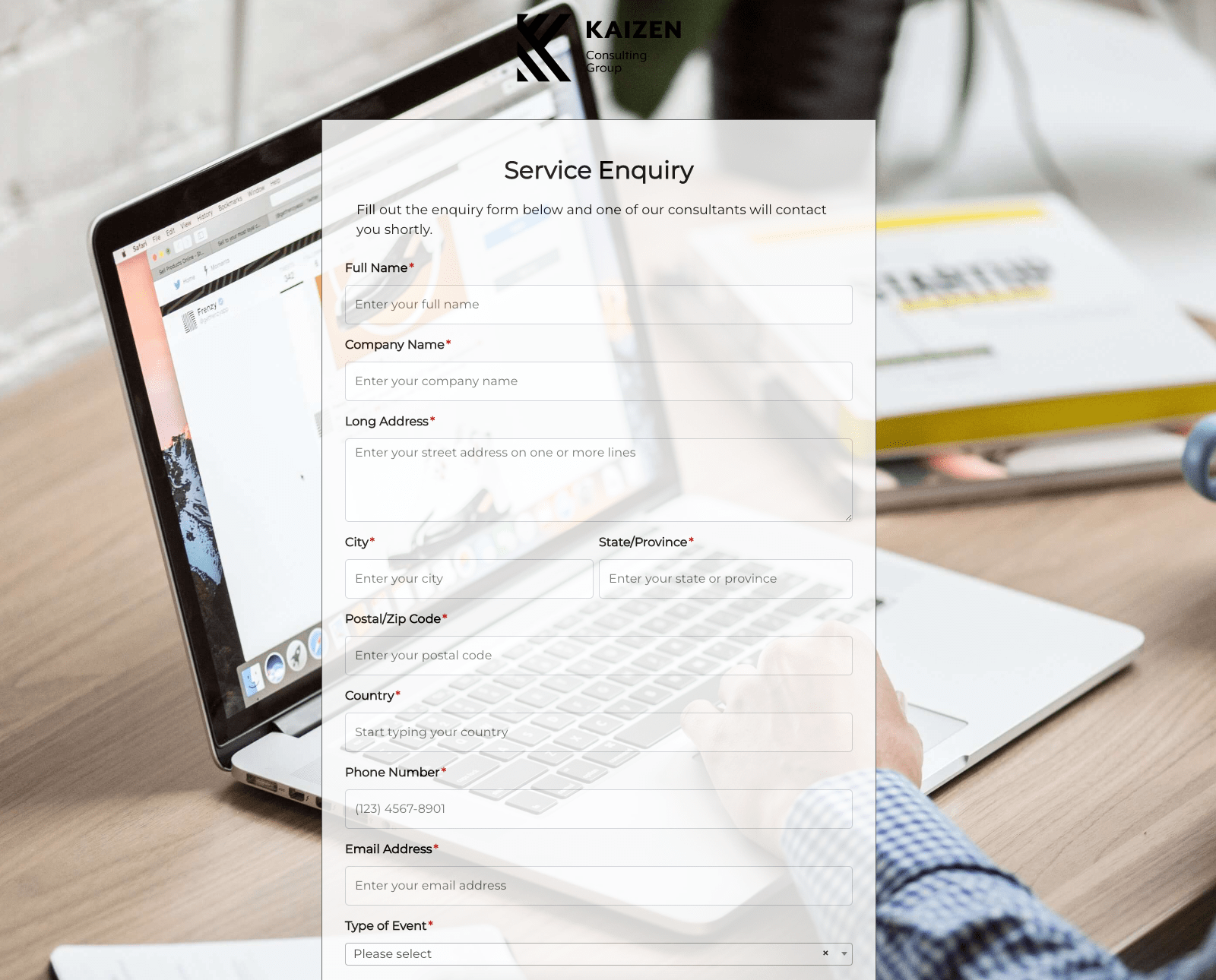 Service Enquiry Form
Service Enquiry Form
 Skydiving Registration Form
Skydiving Registration Form
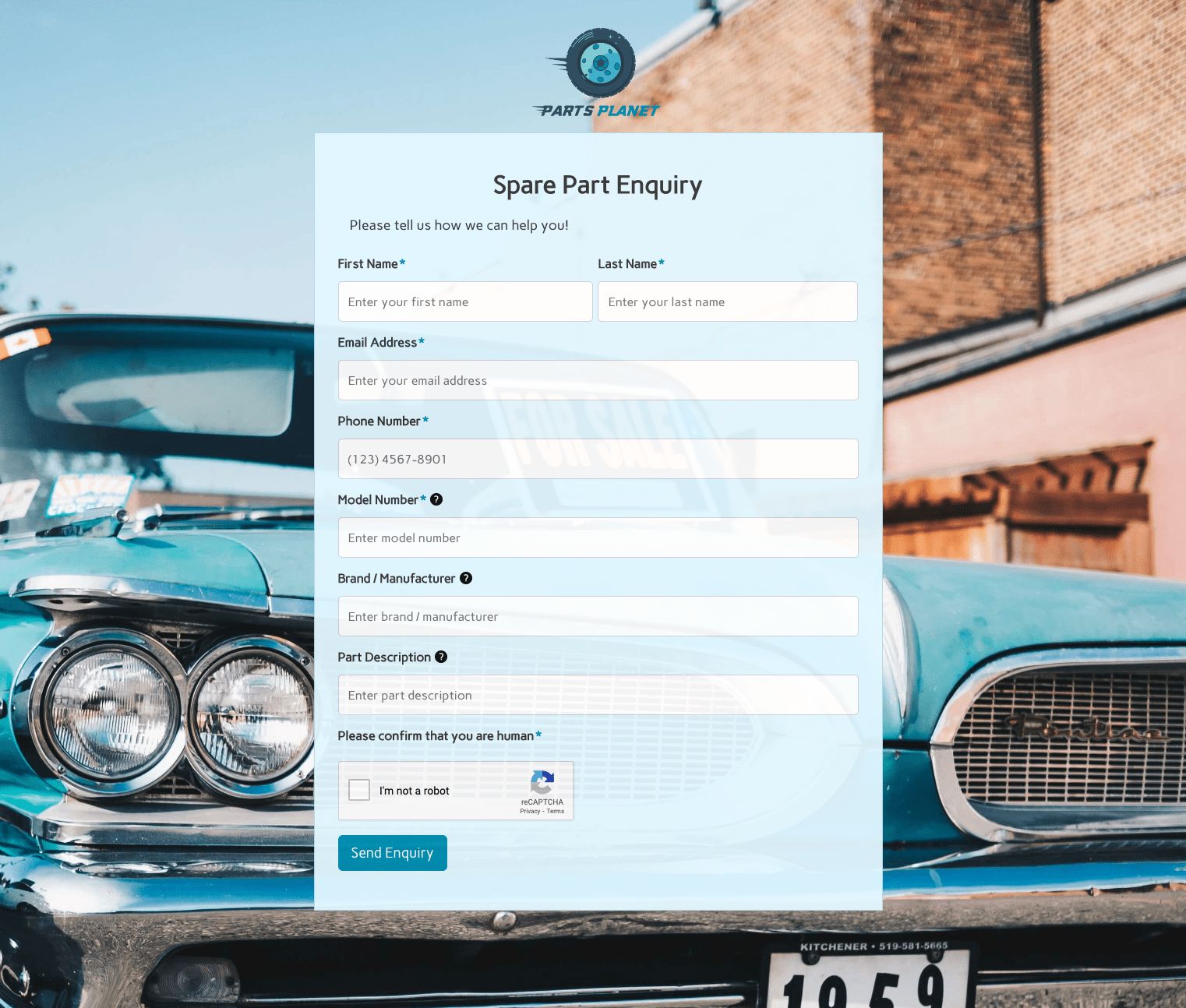 Spare Part Enquiry Form
Spare Part Enquiry Form
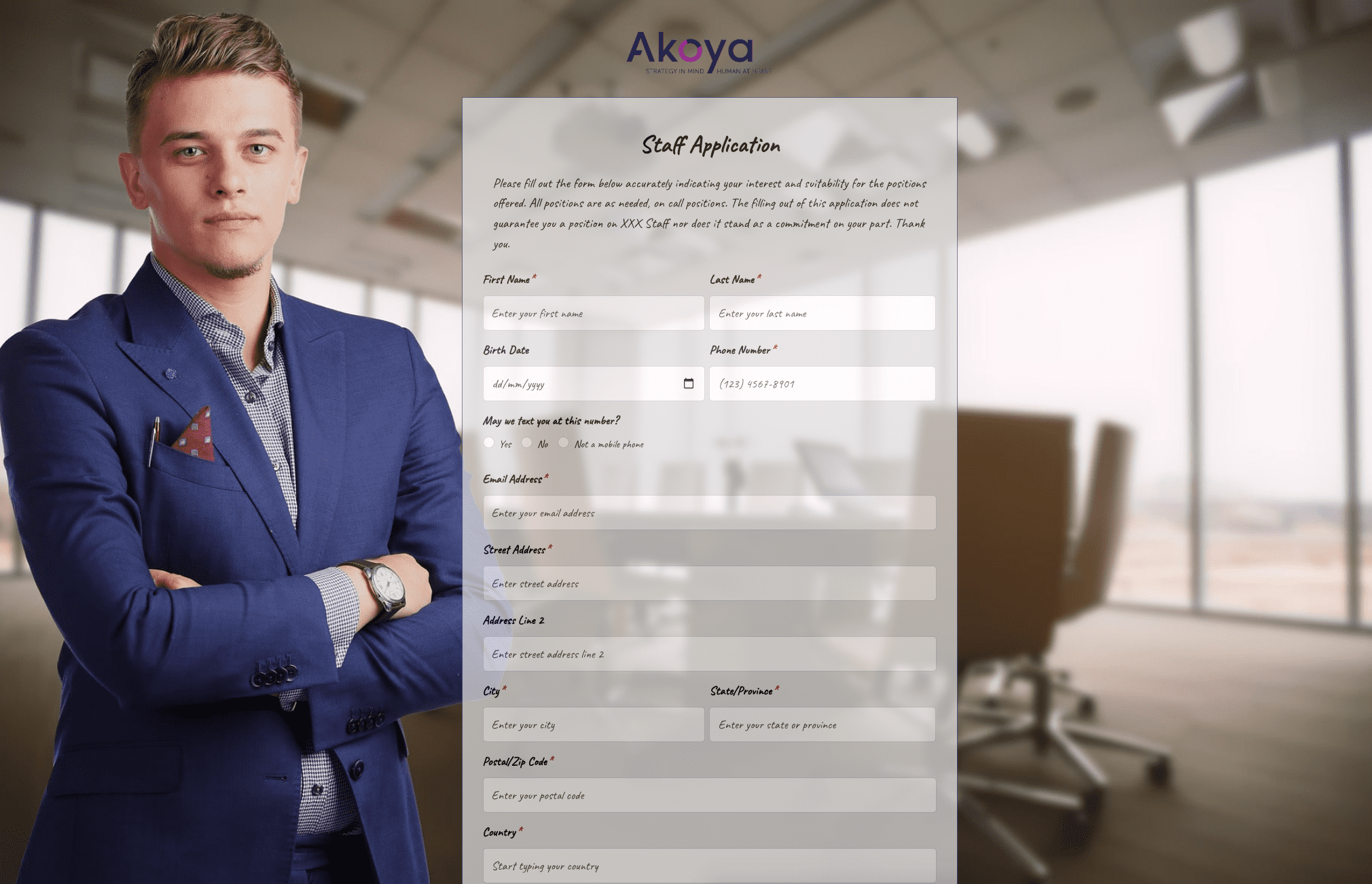 Staff Application Form
Staff Application Form
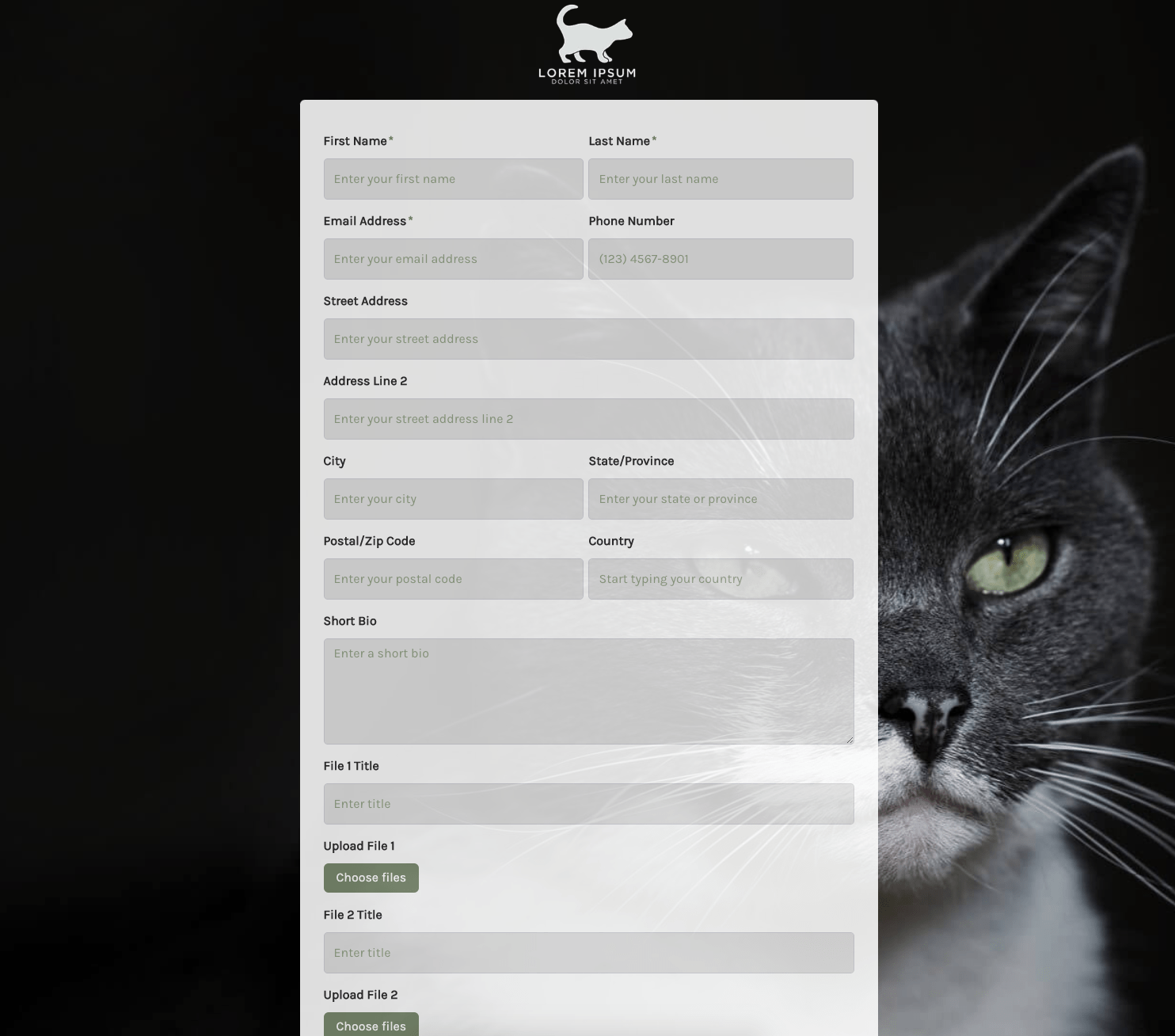 Submission Form
Submission Form
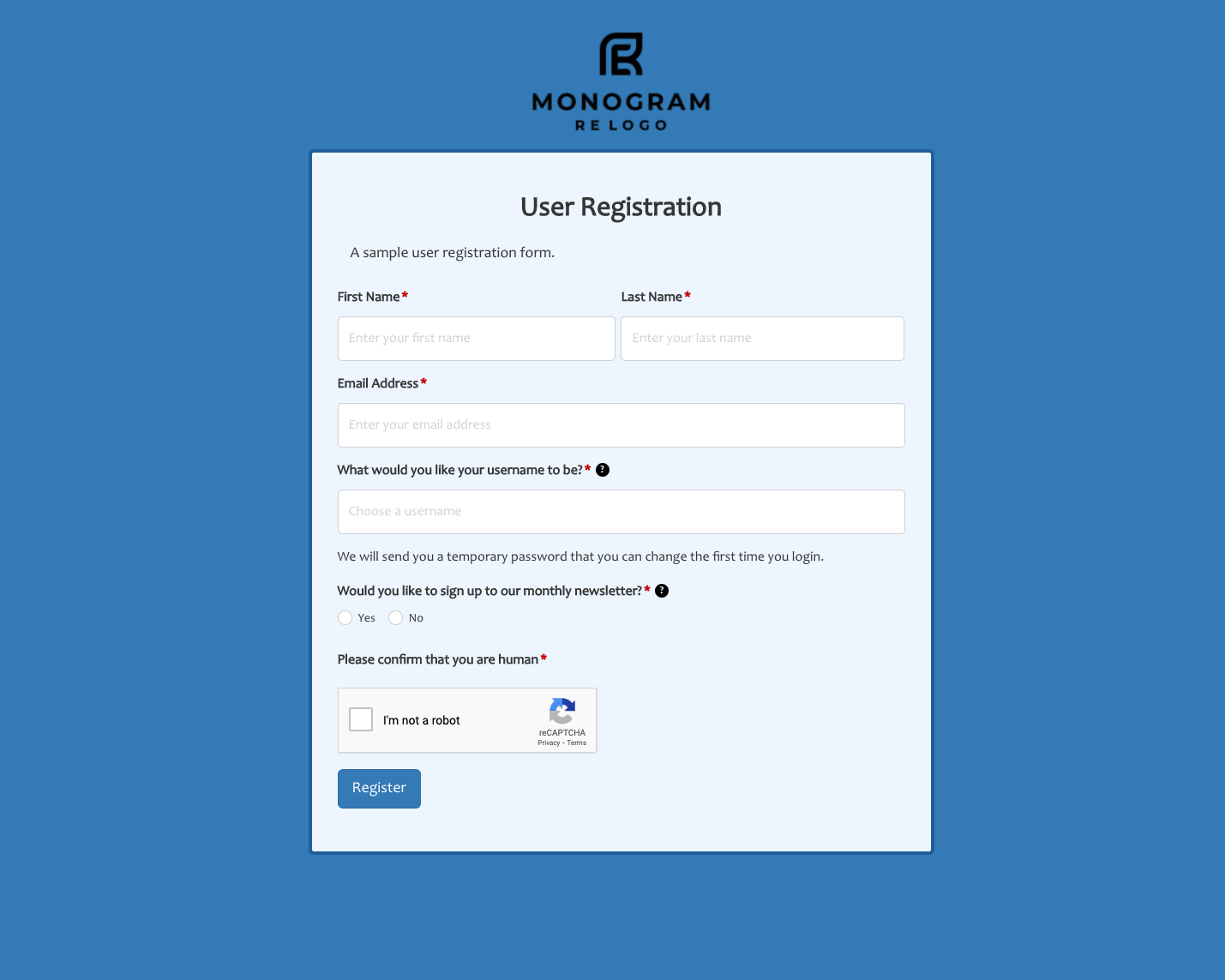 User Registration Form
User Registration Form
 Website Under Construction Form
Website Under Construction Form
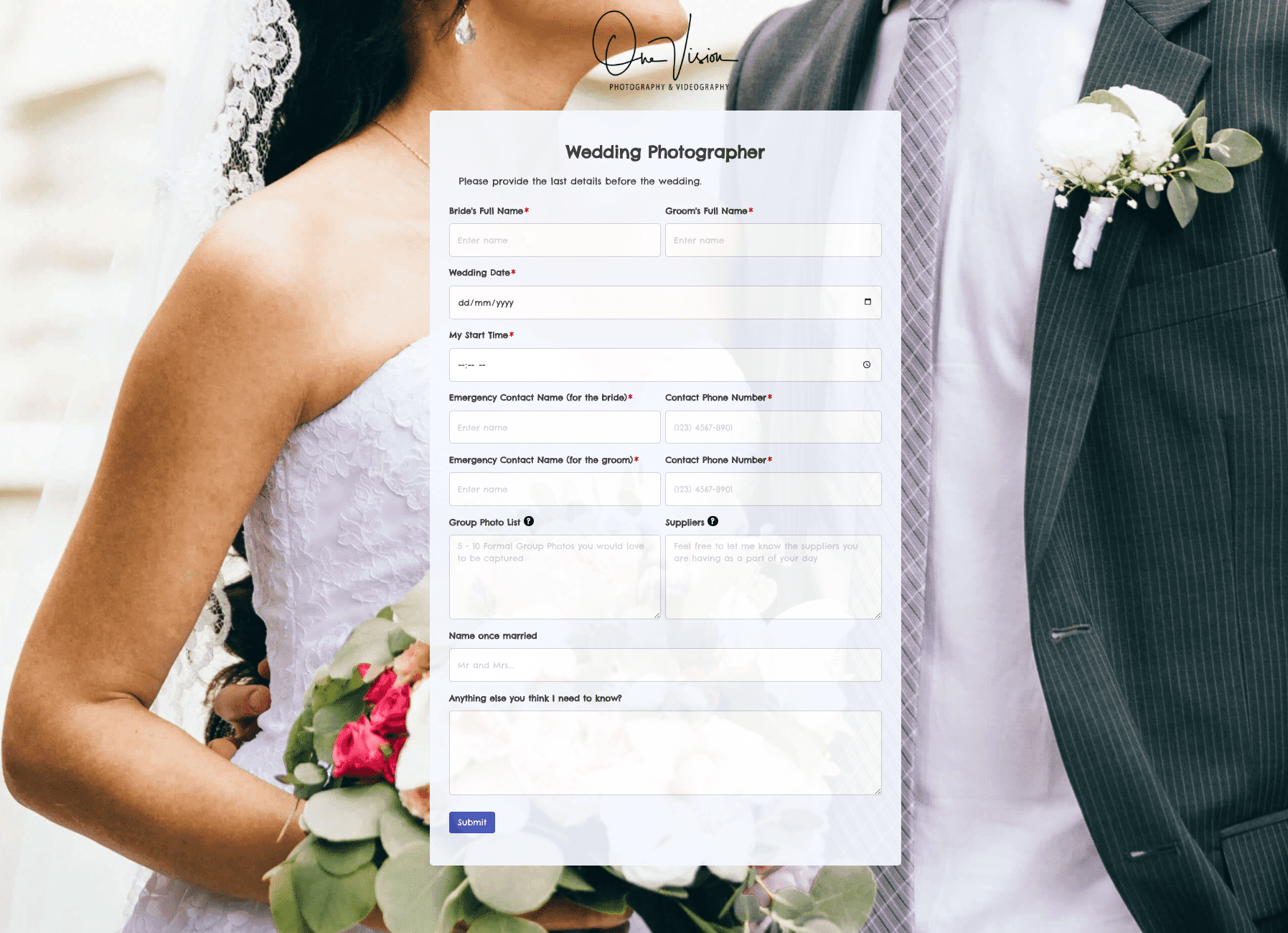 Wedding Photographer Form
Wedding Photographer Form
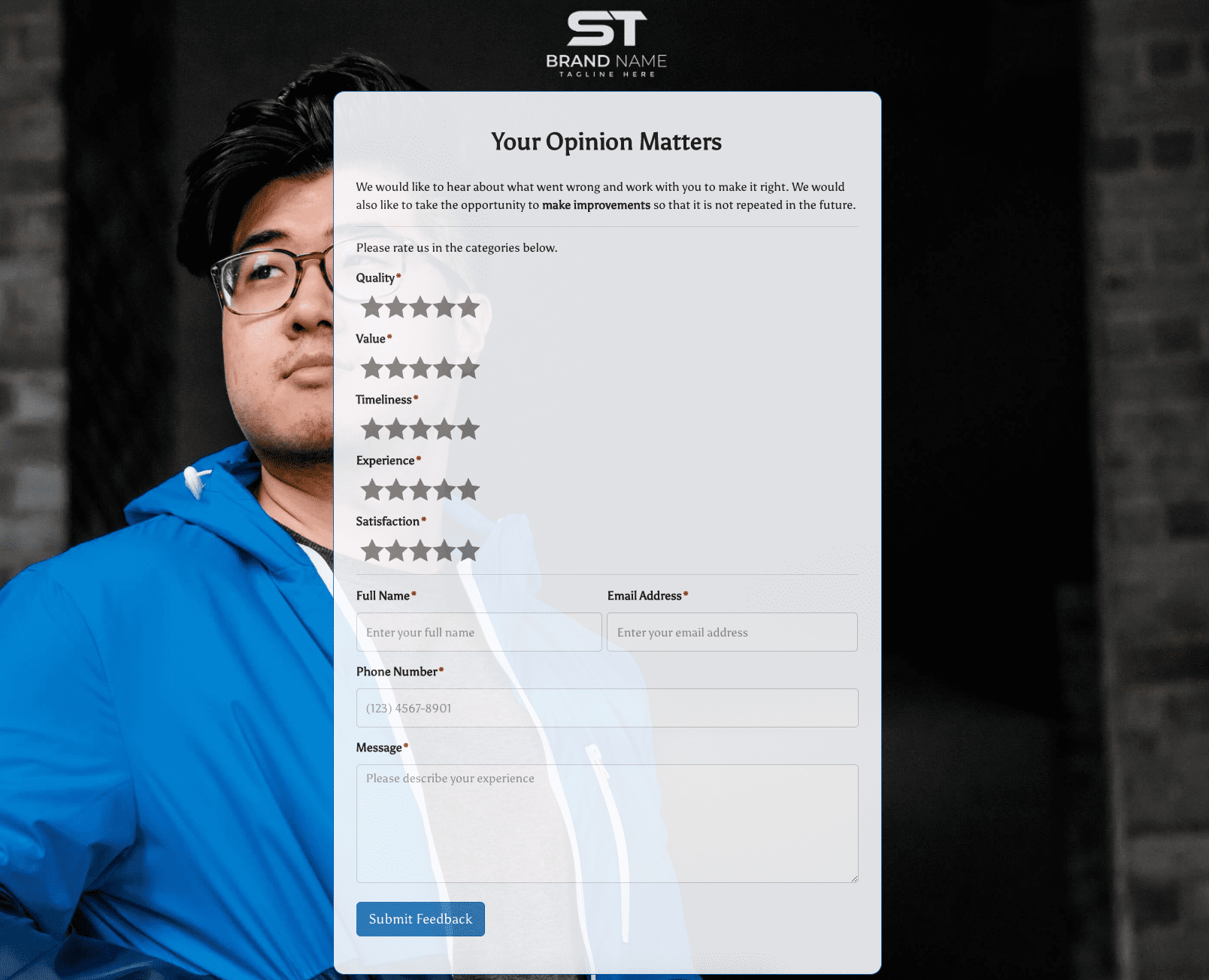 Your Opinion Matters Form
Your Opinion Matters Form
.jpg)




.png)













